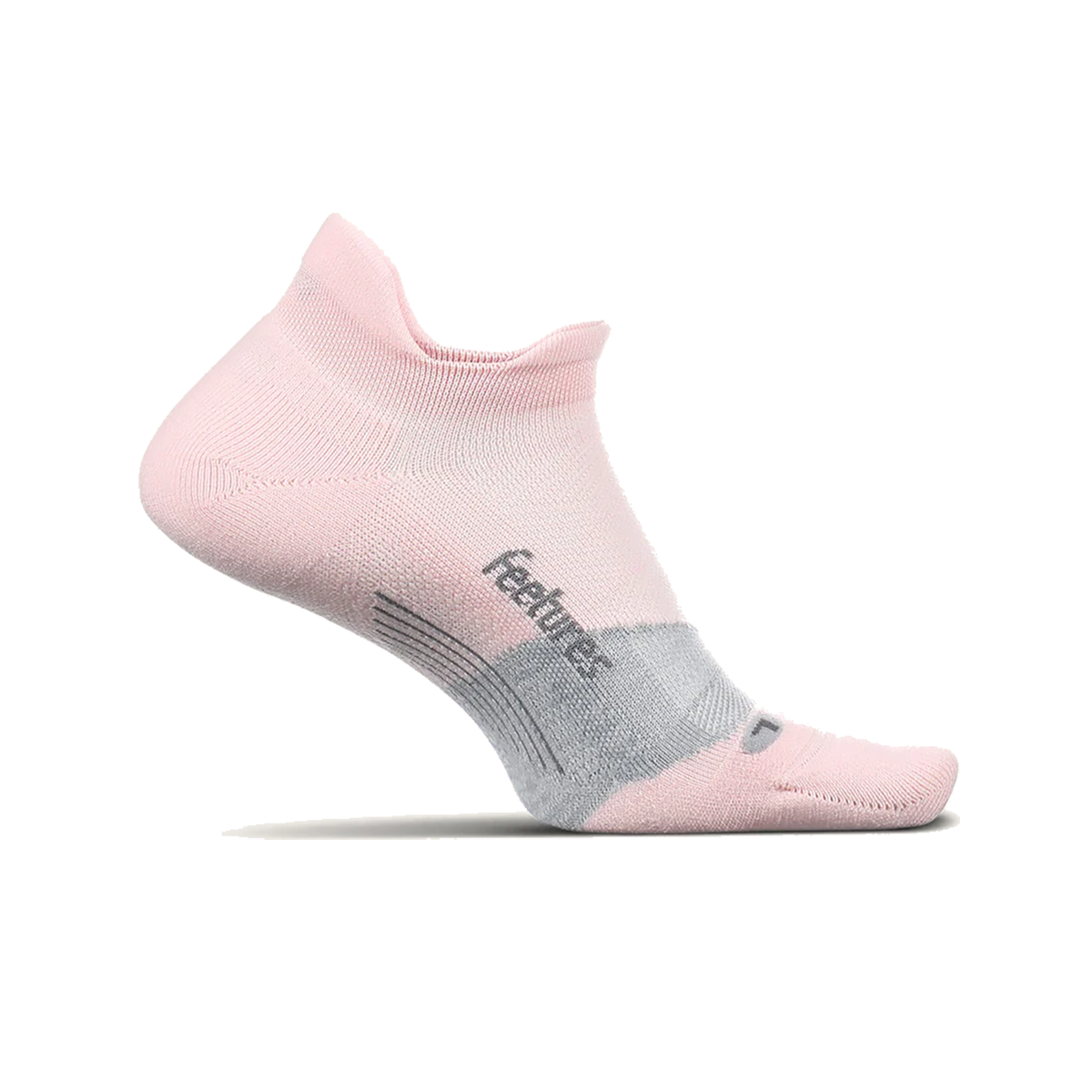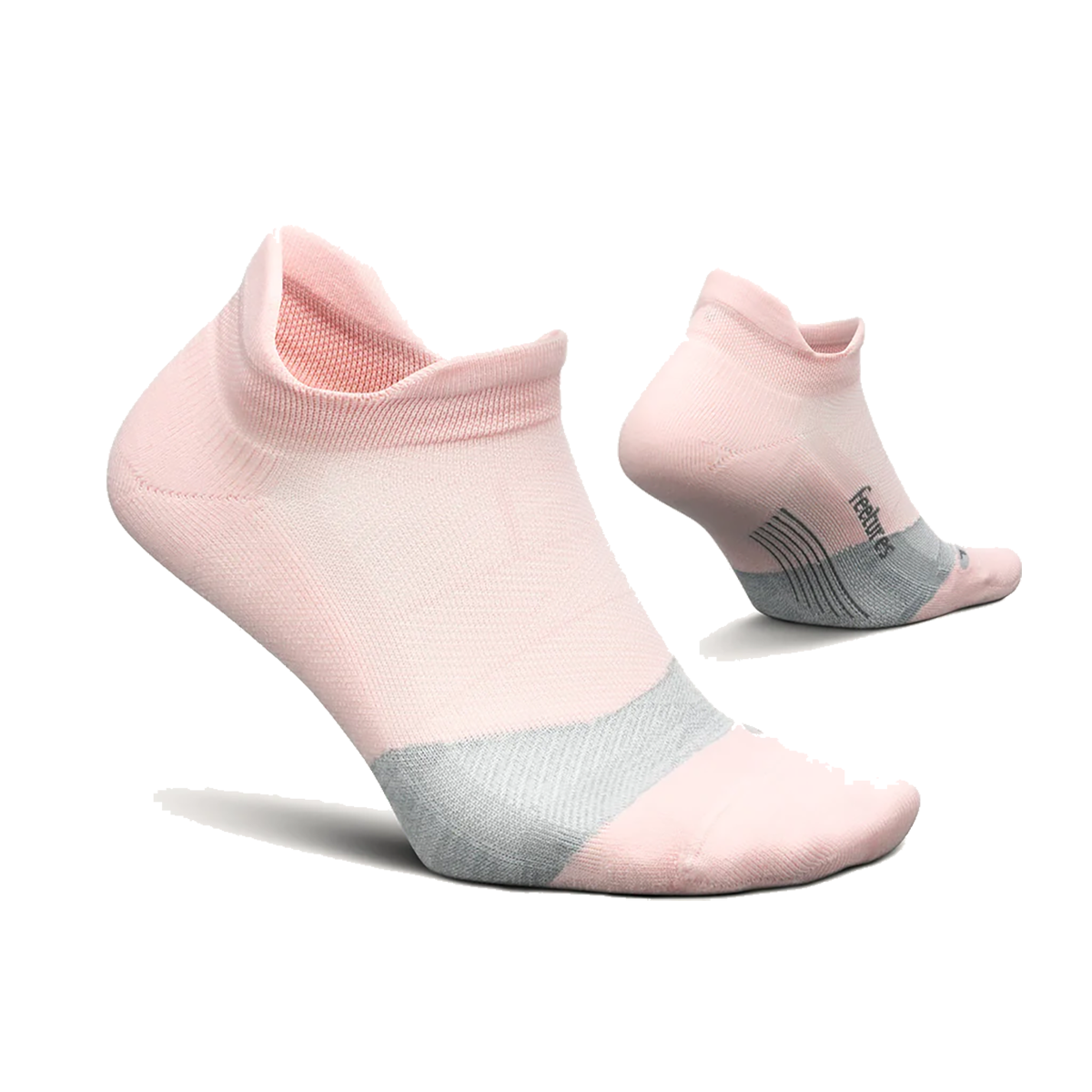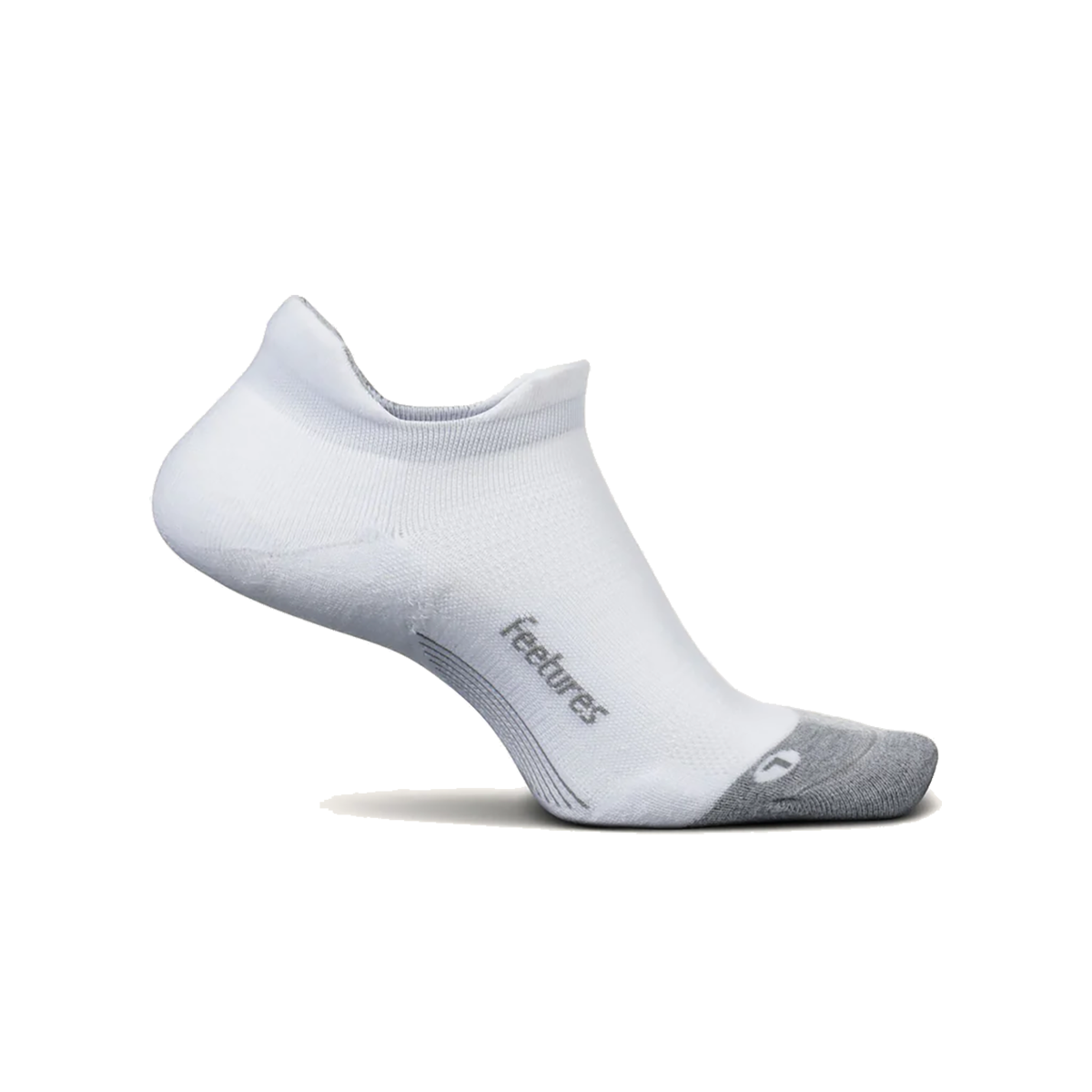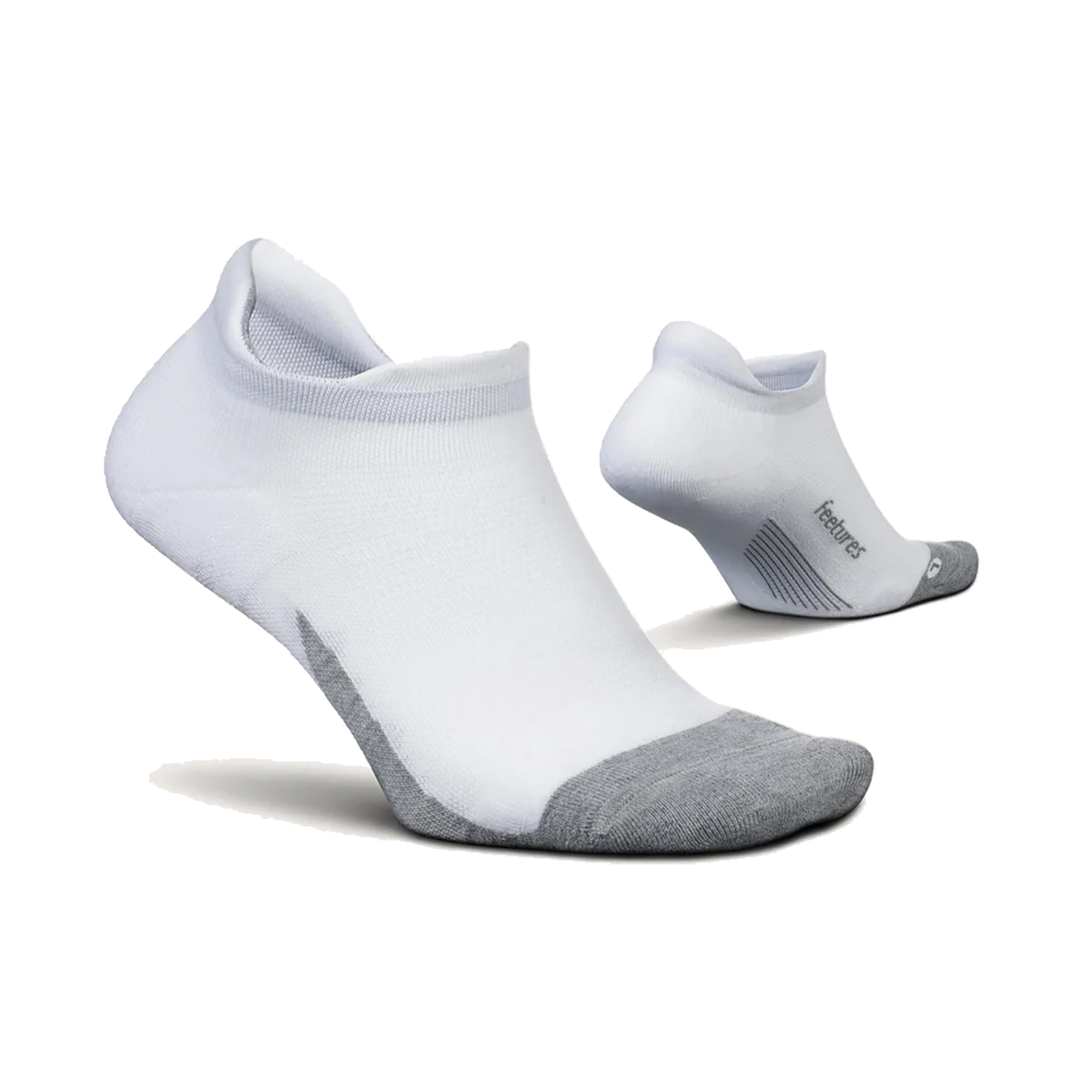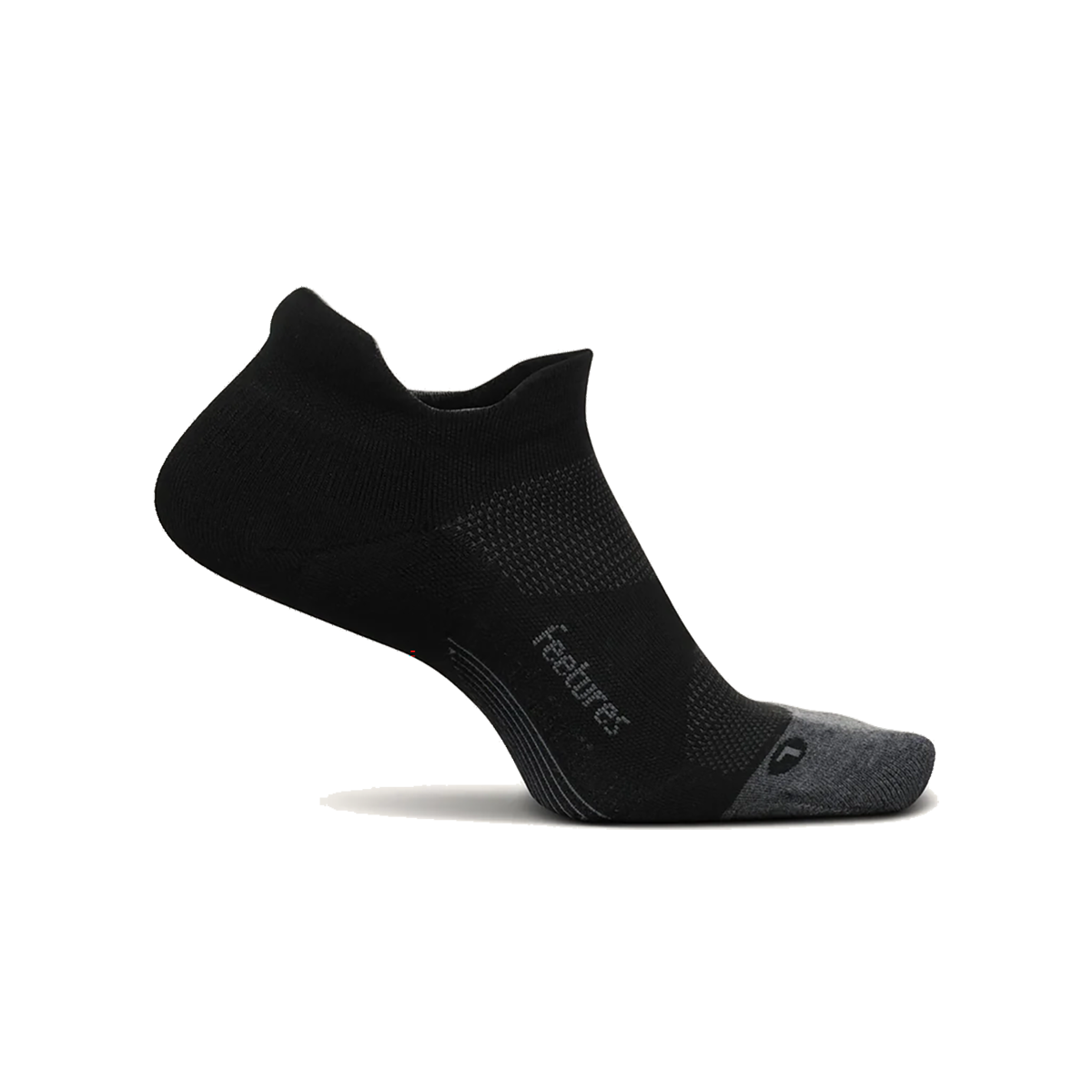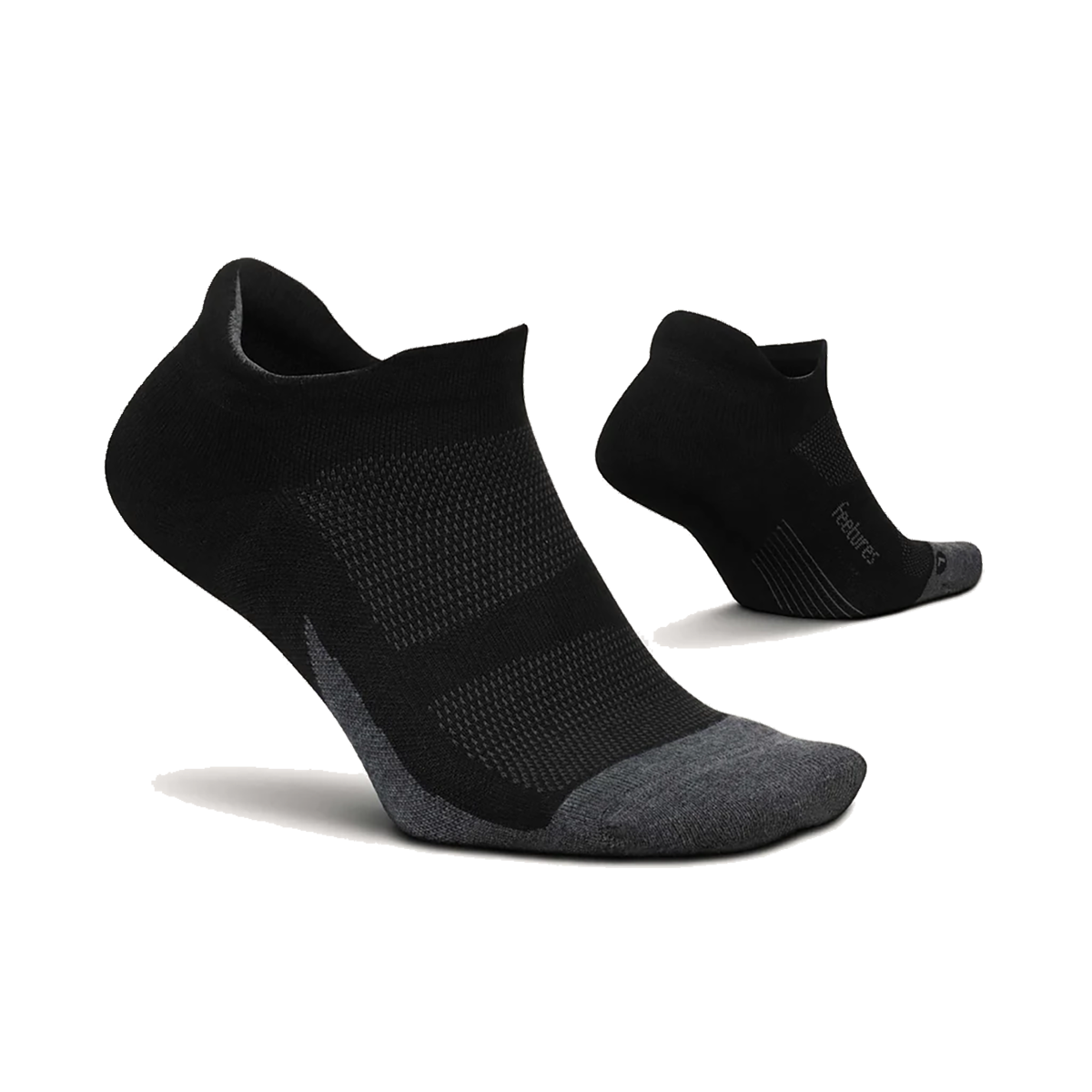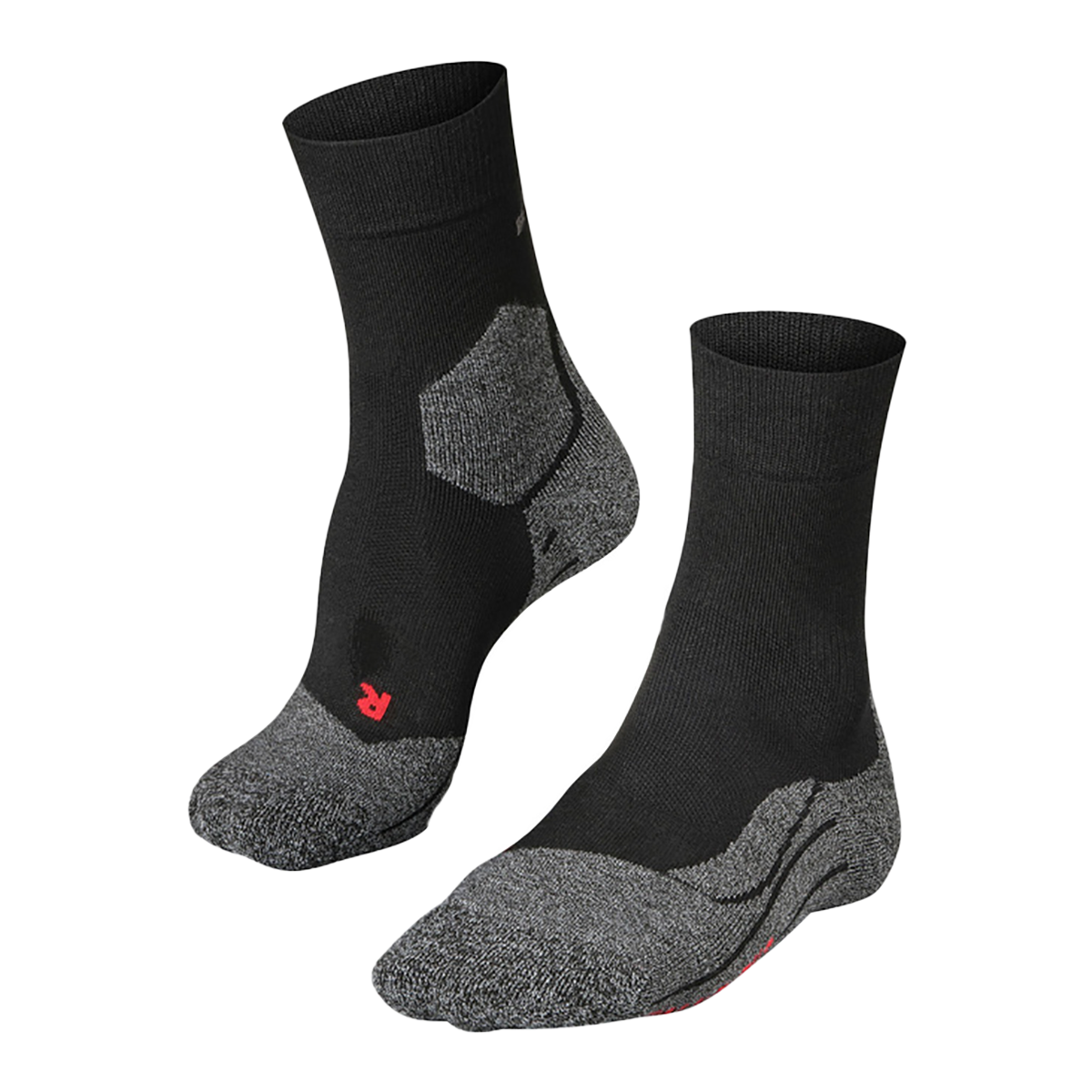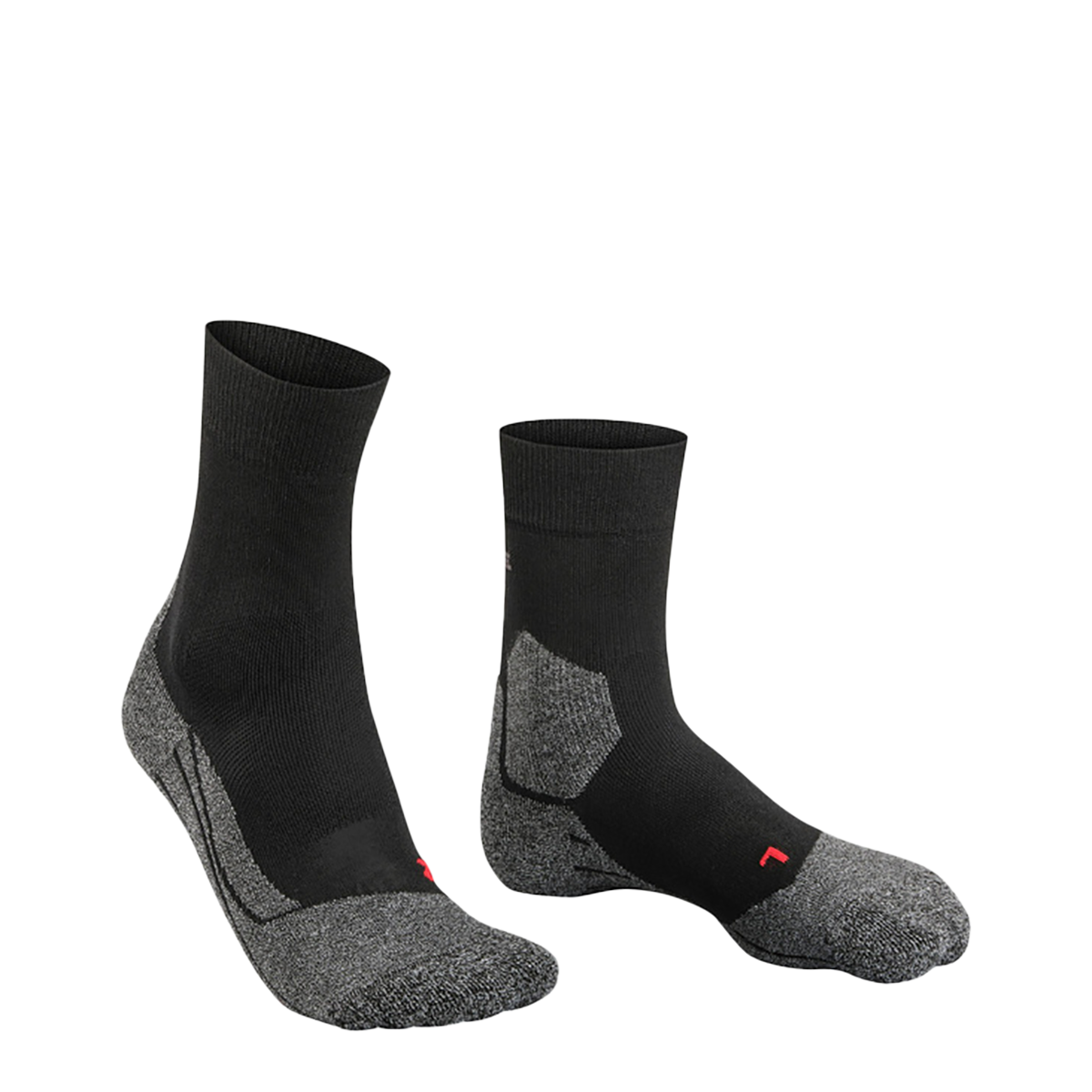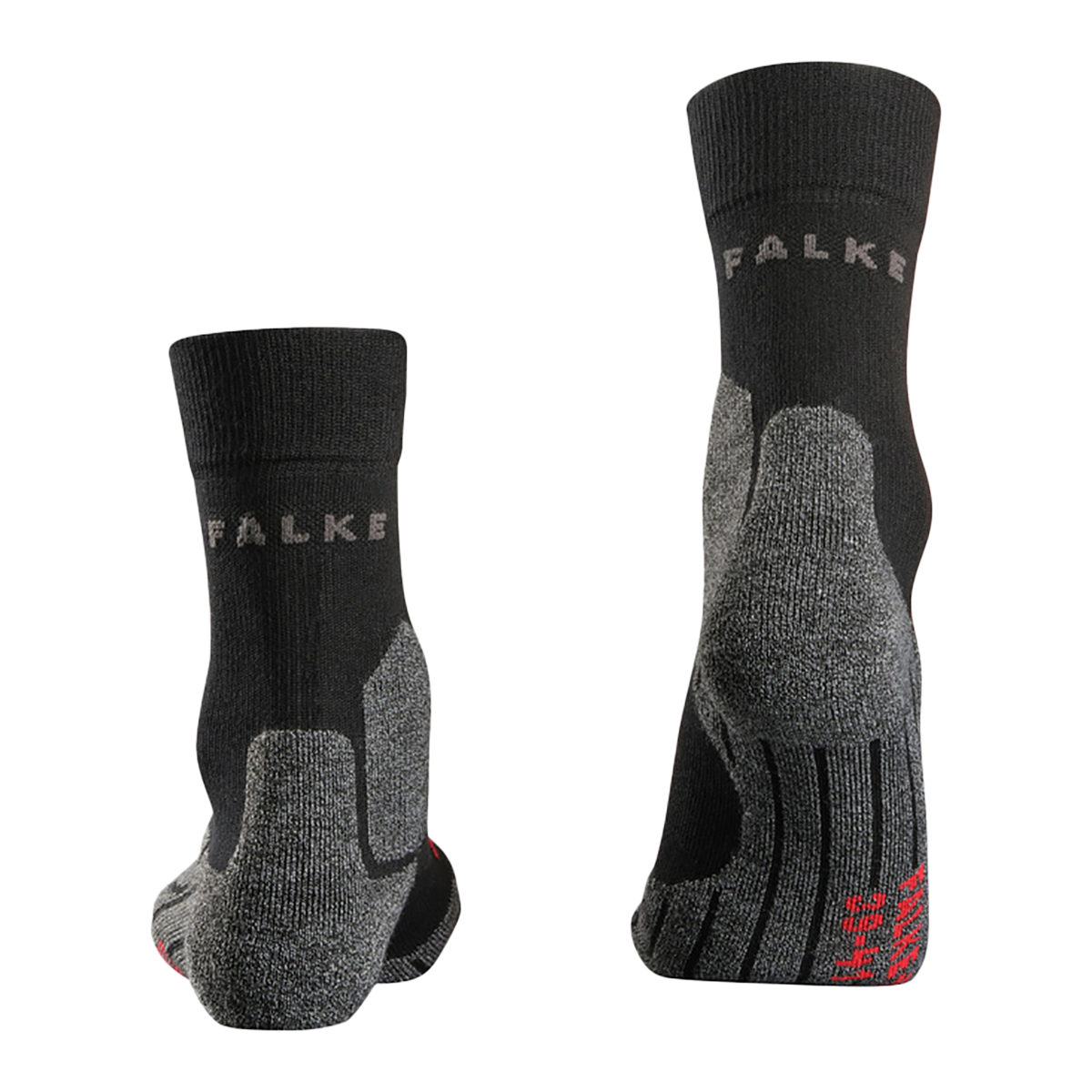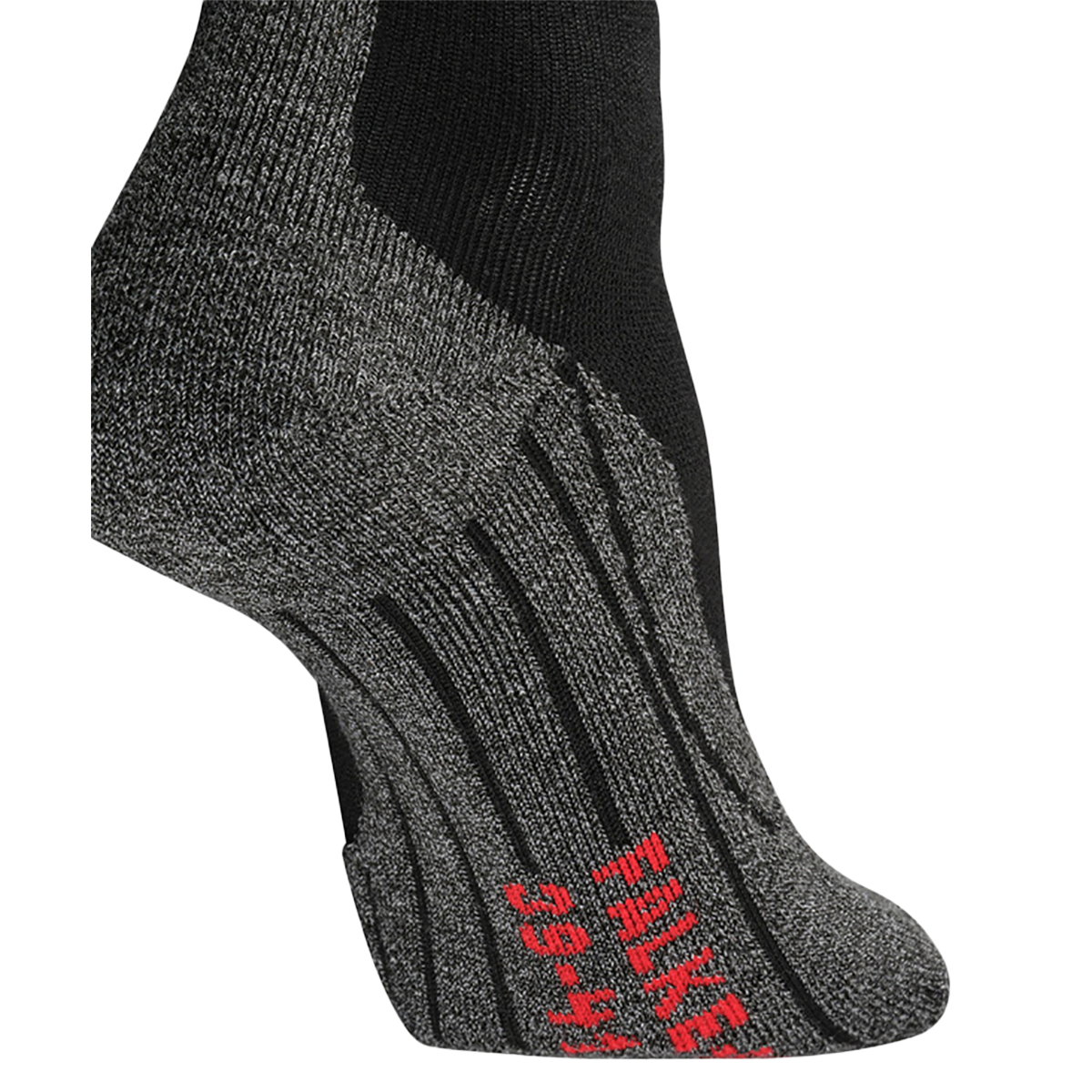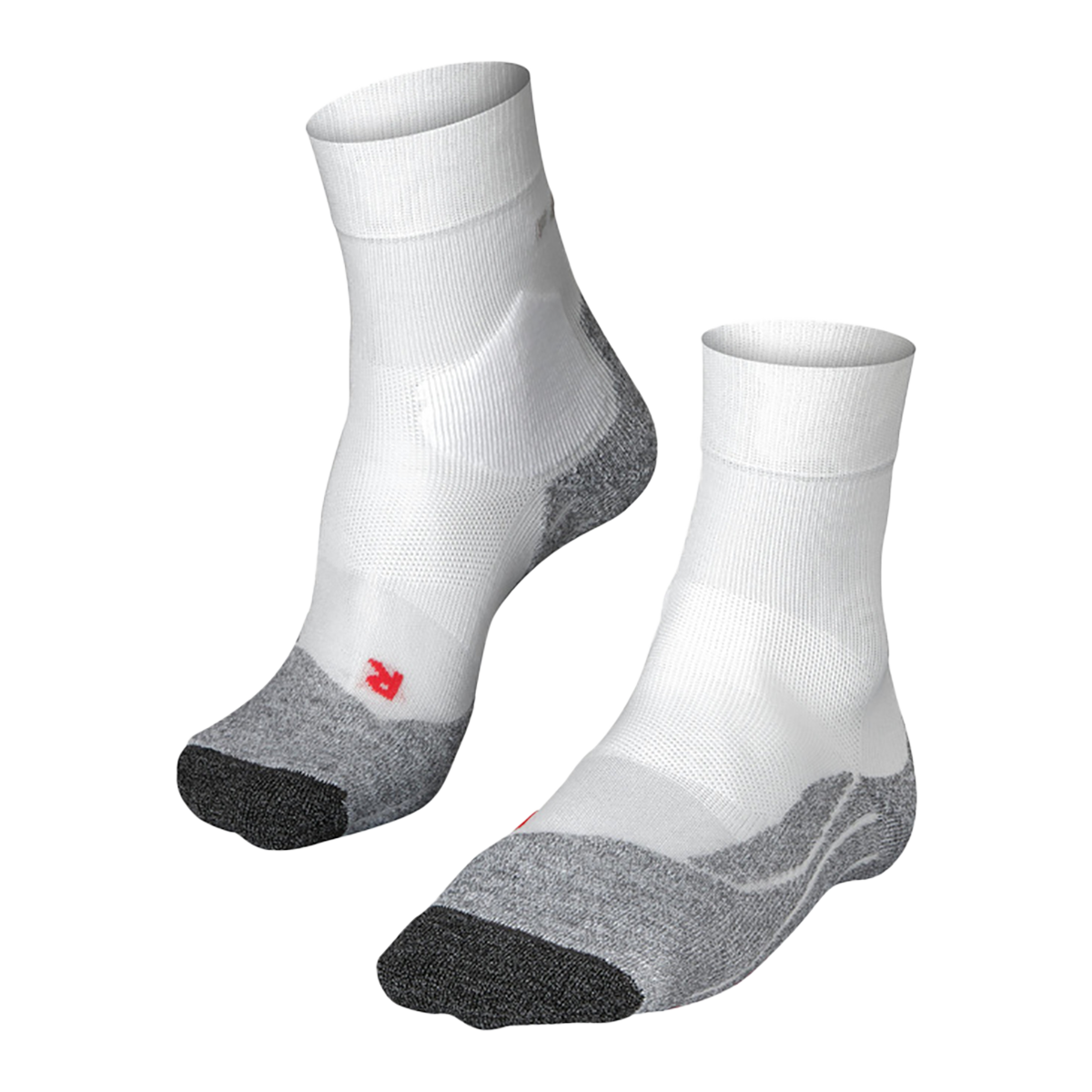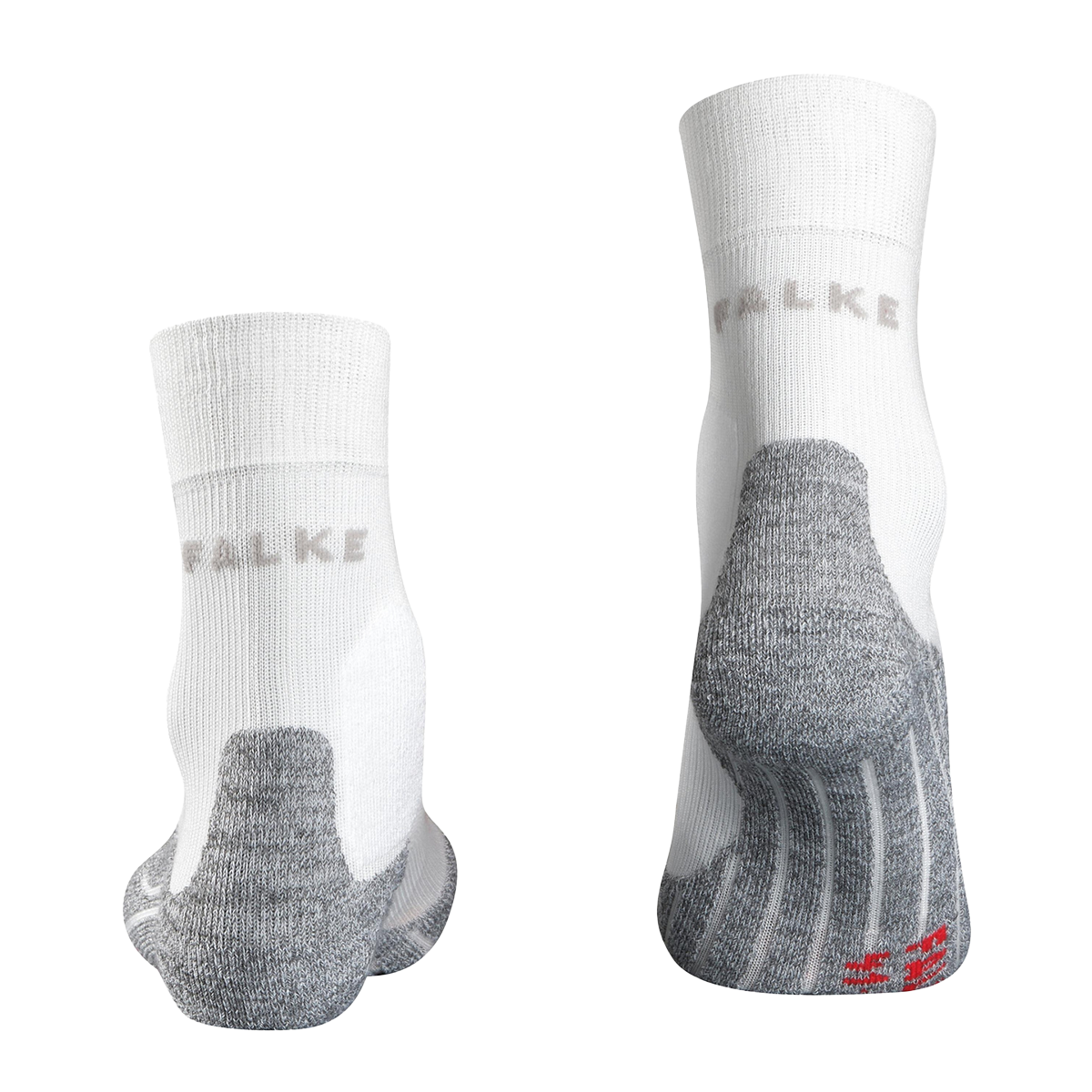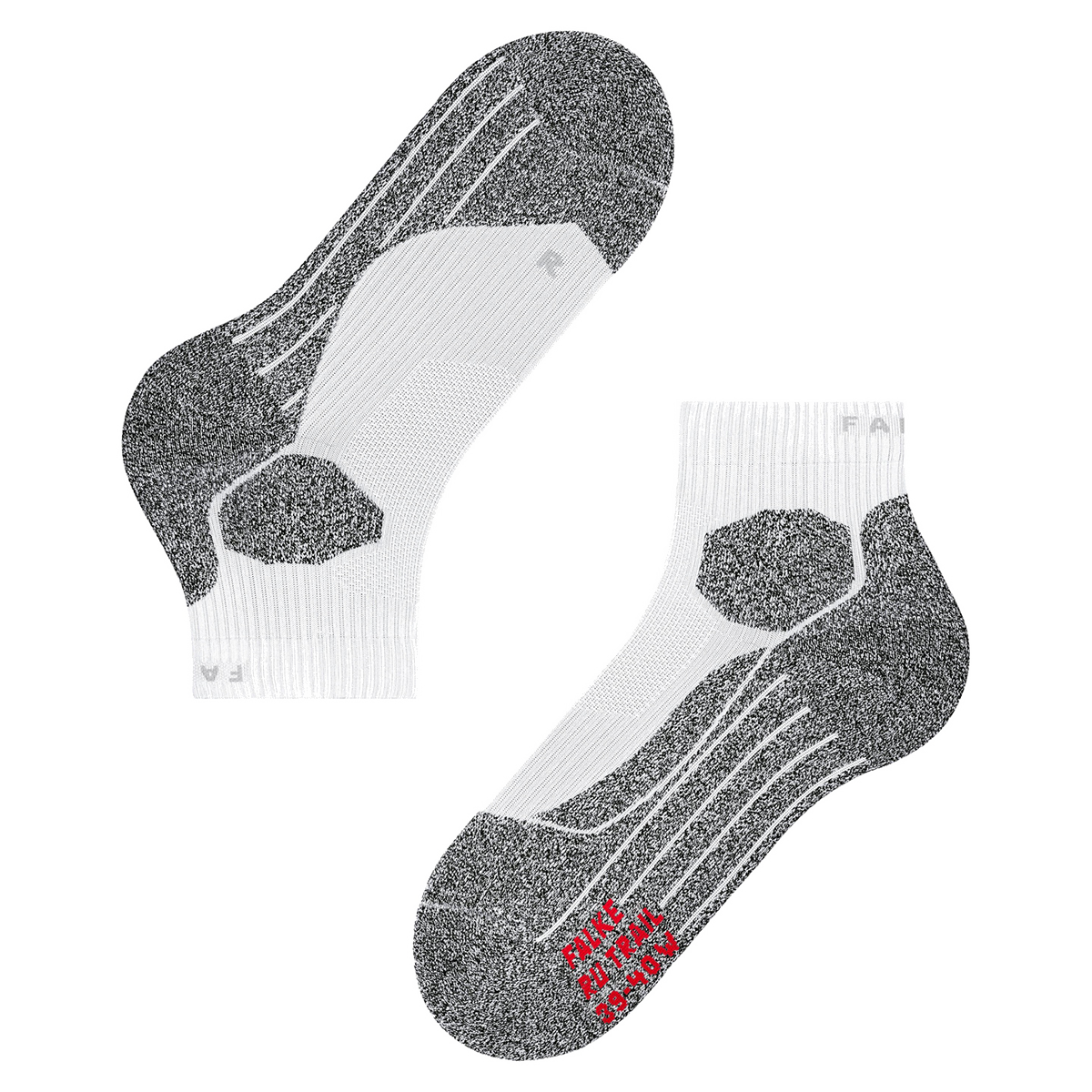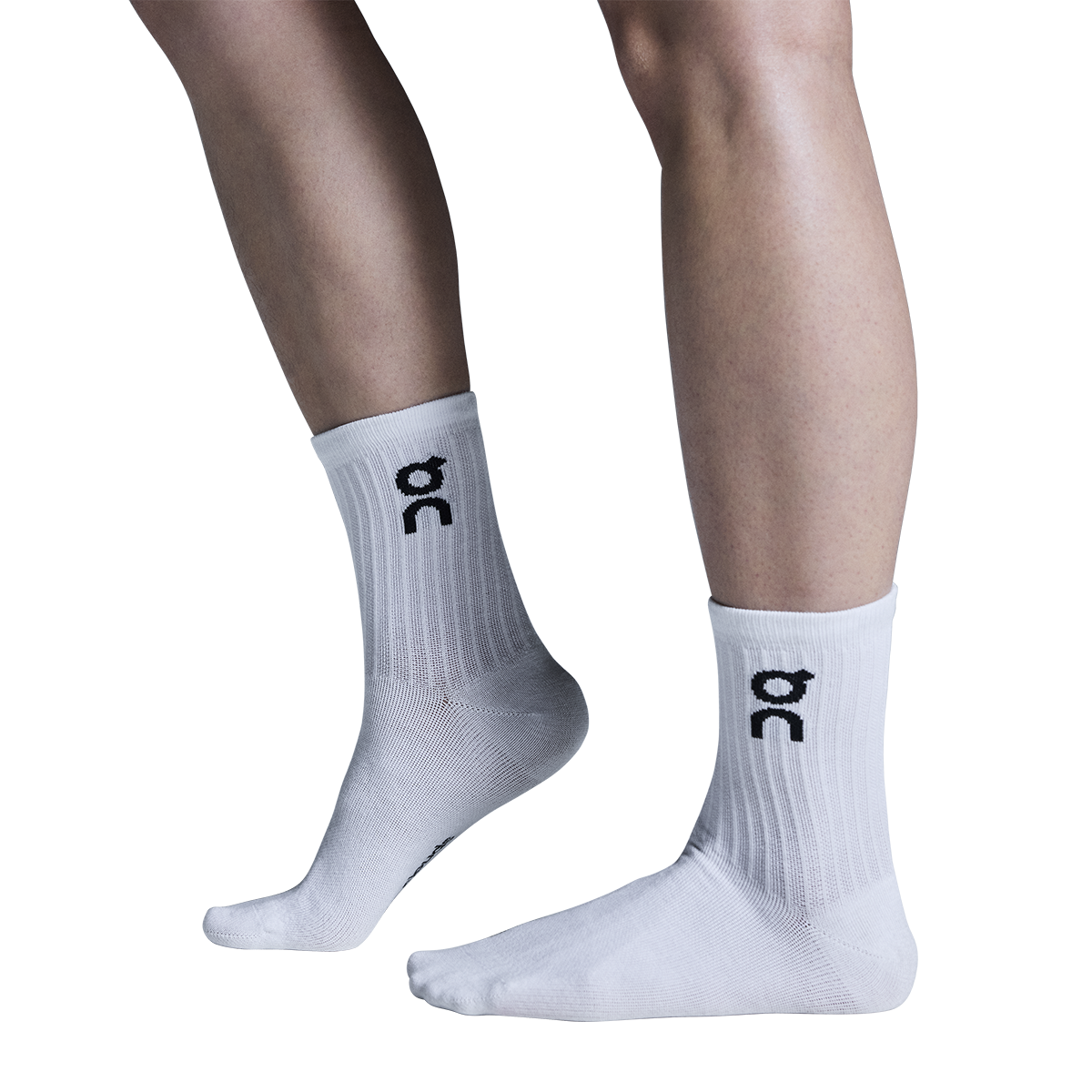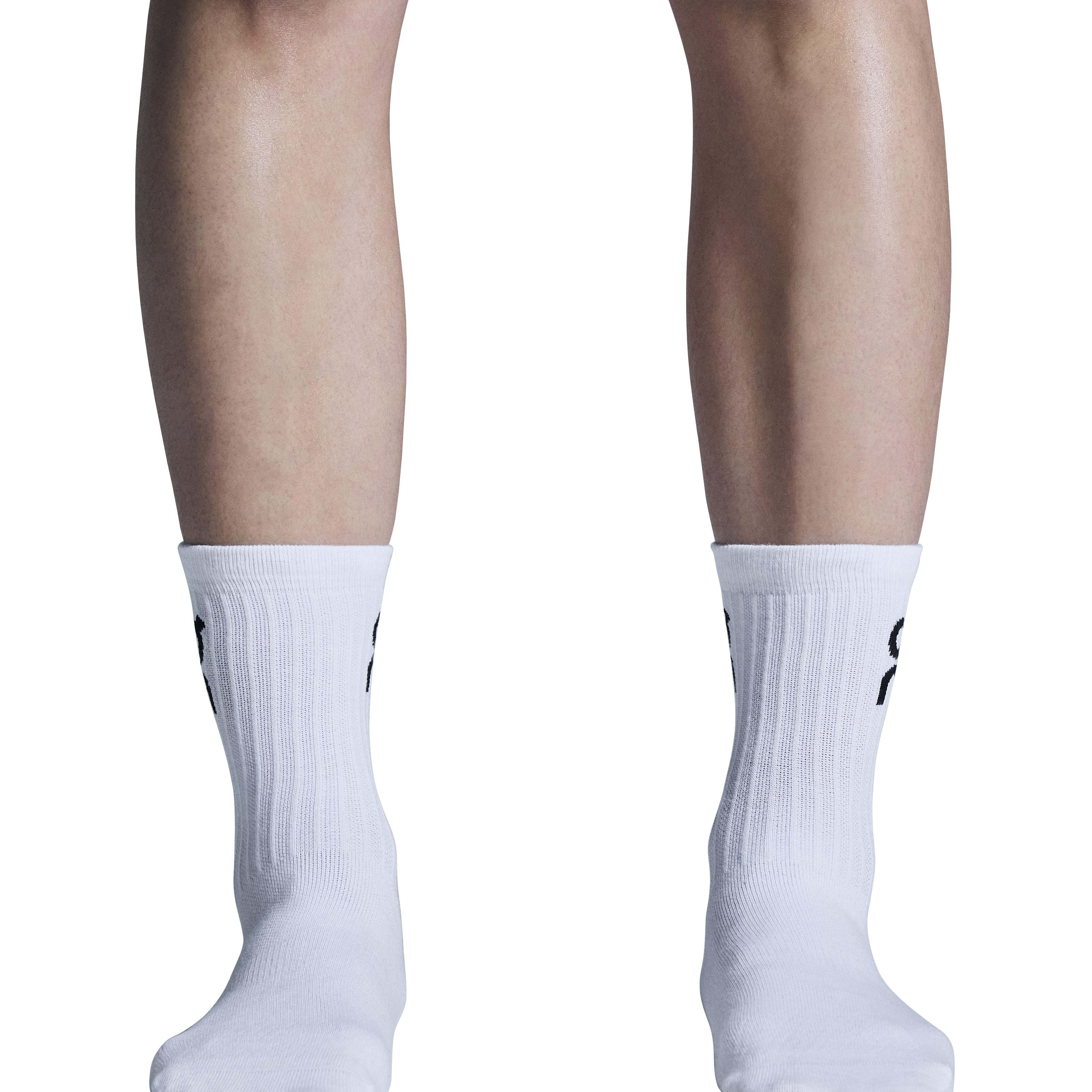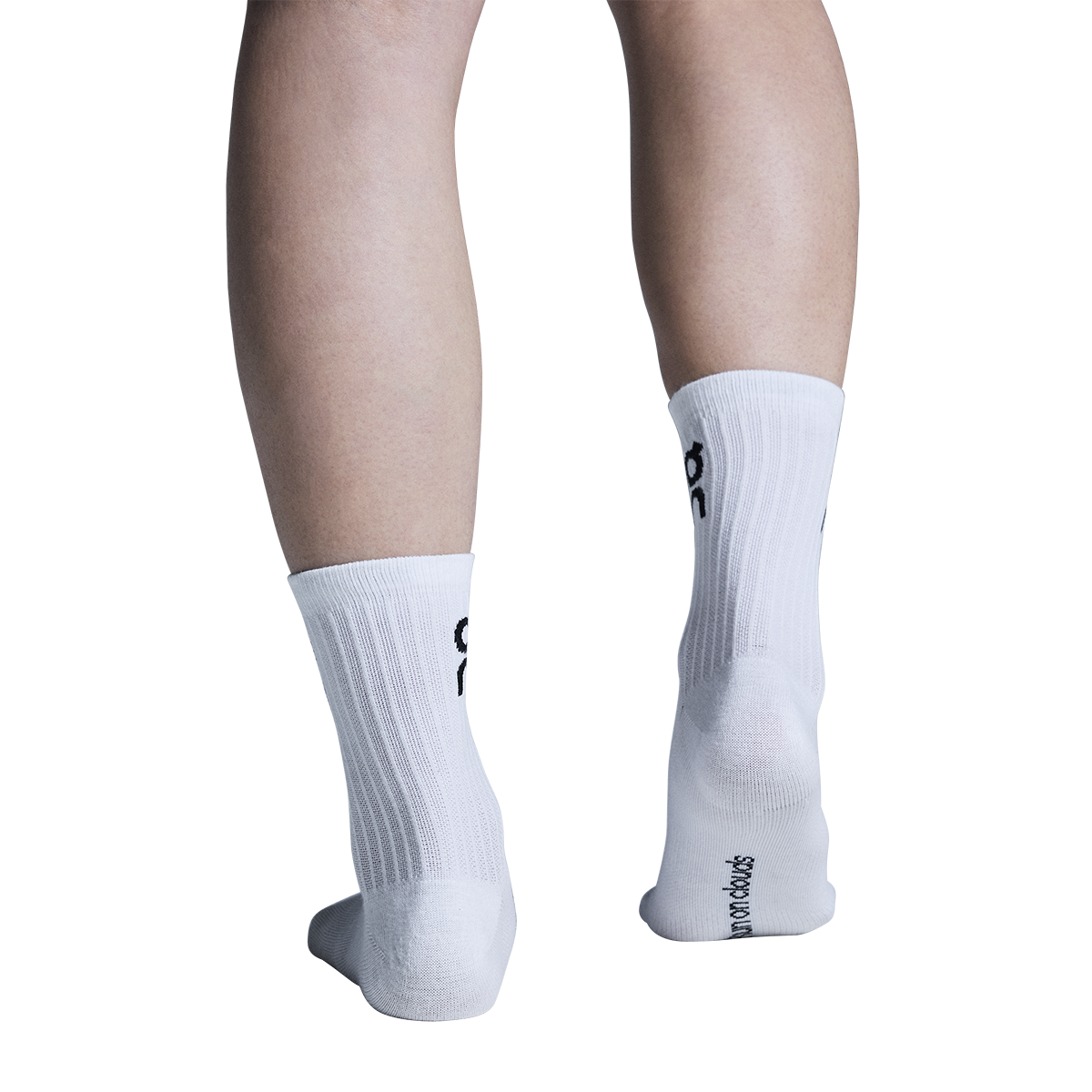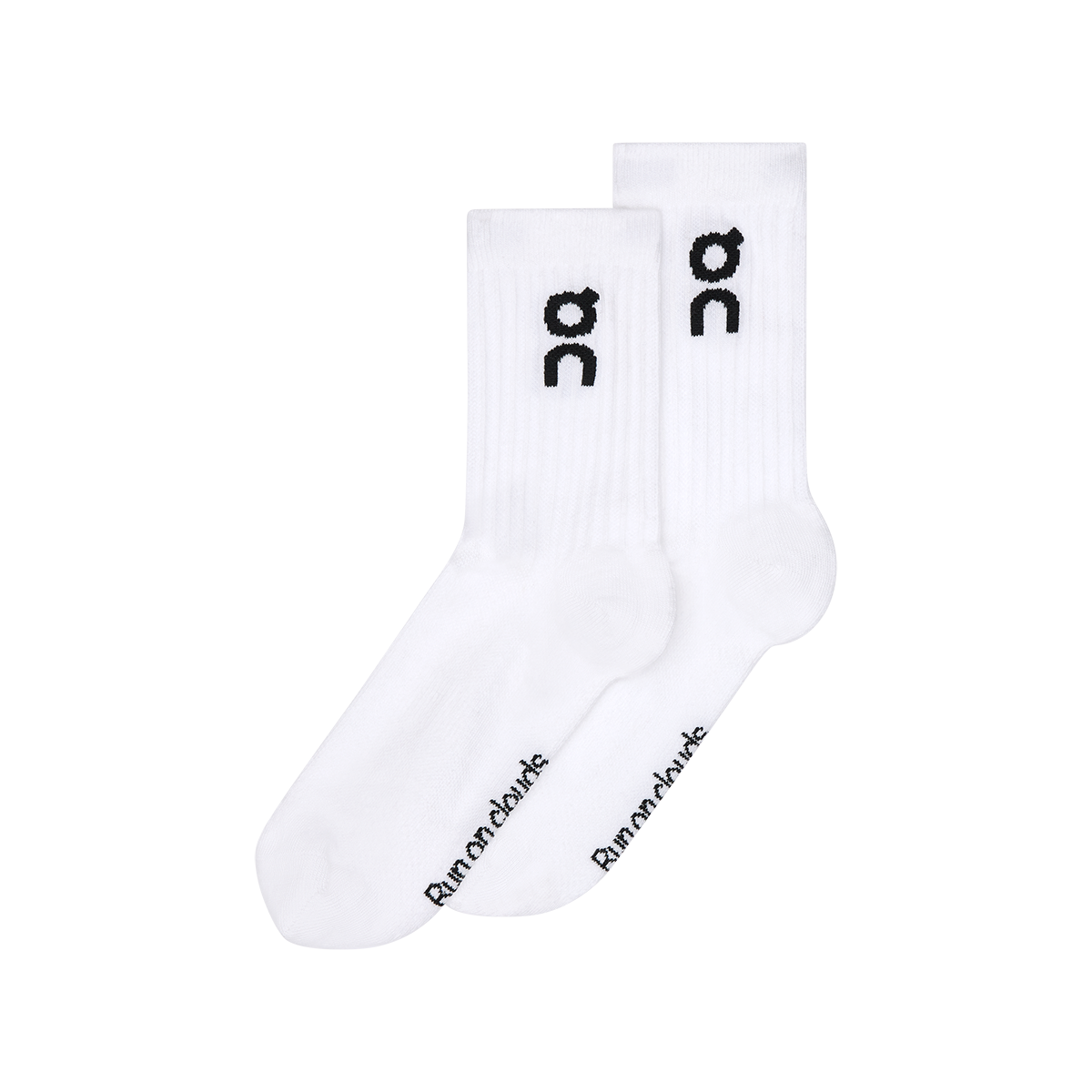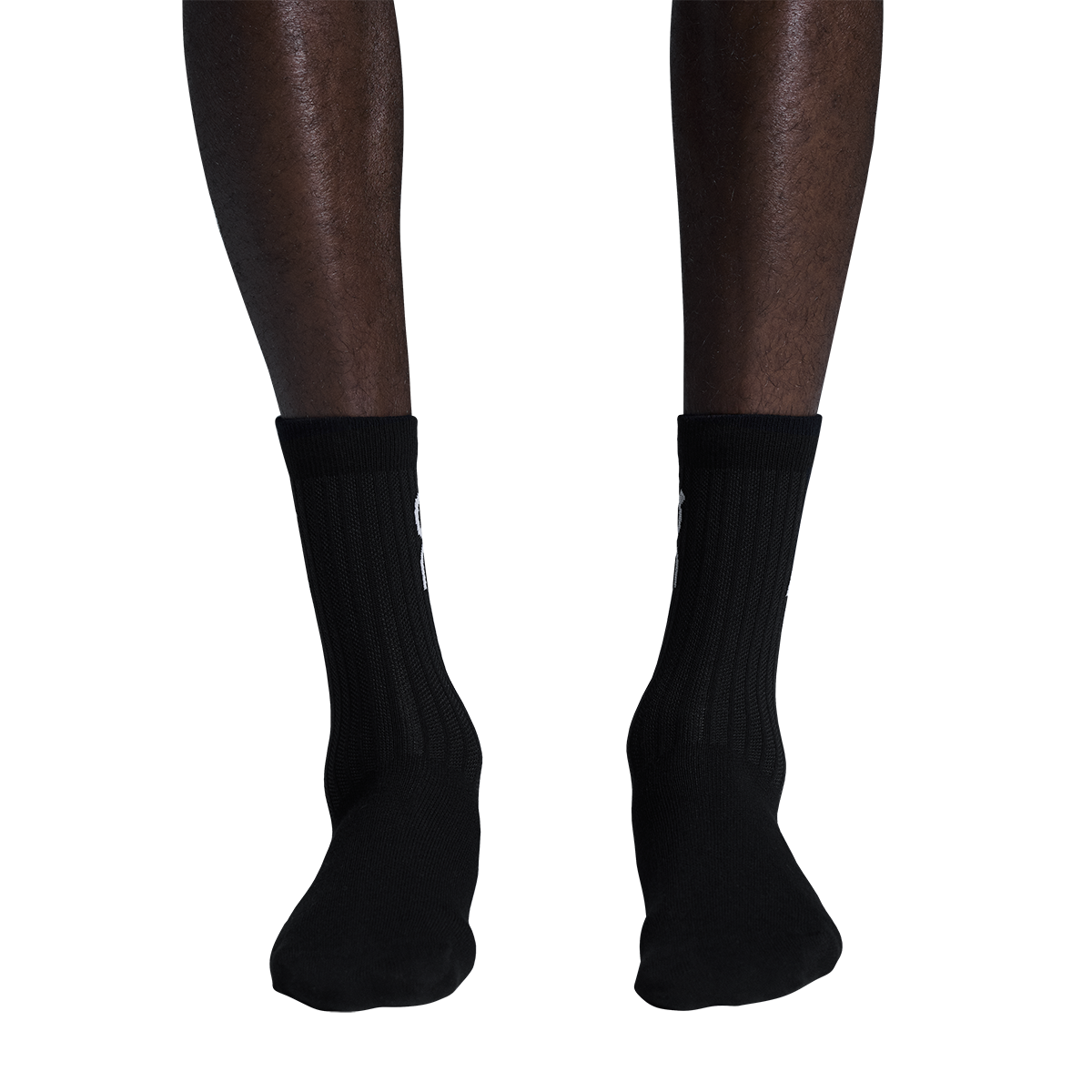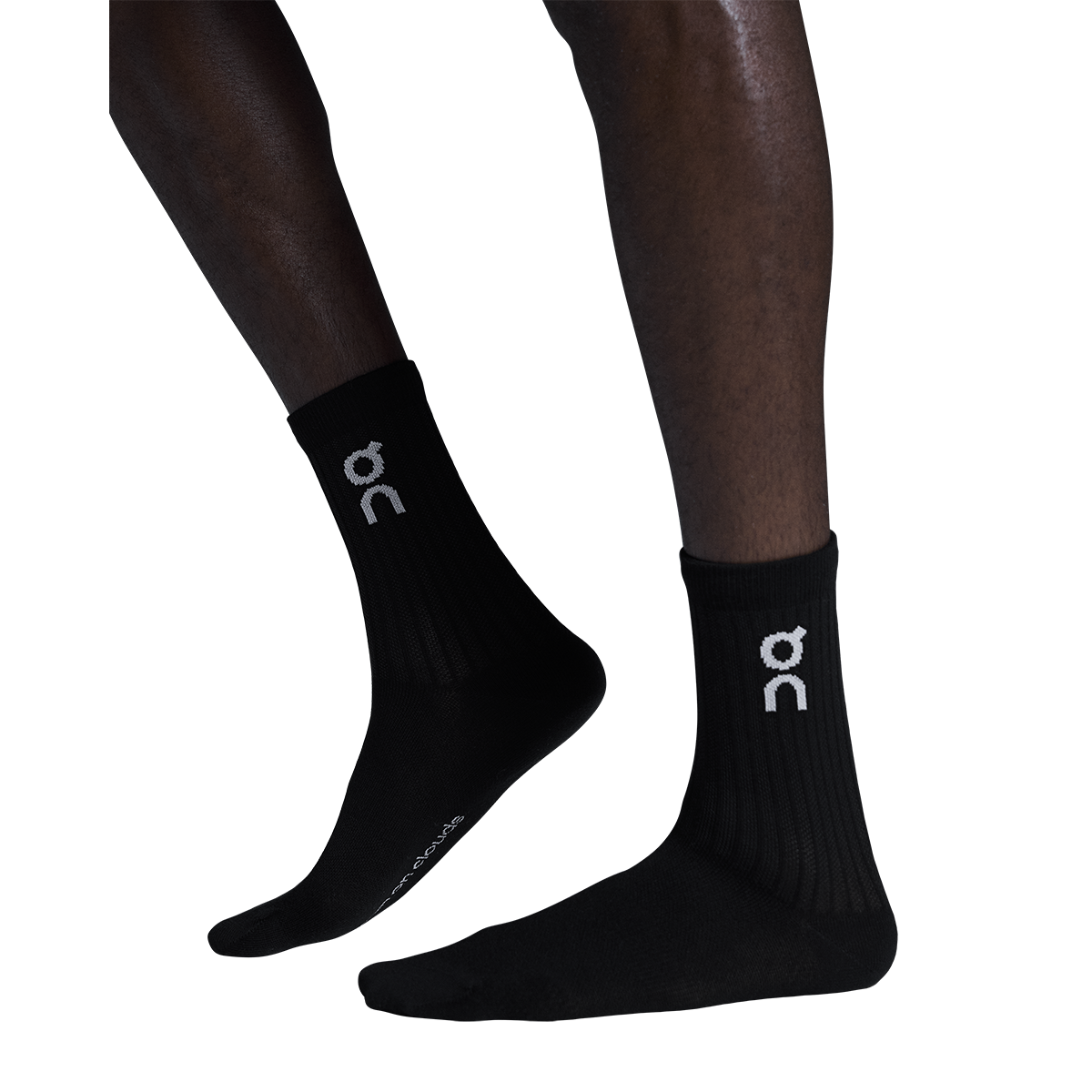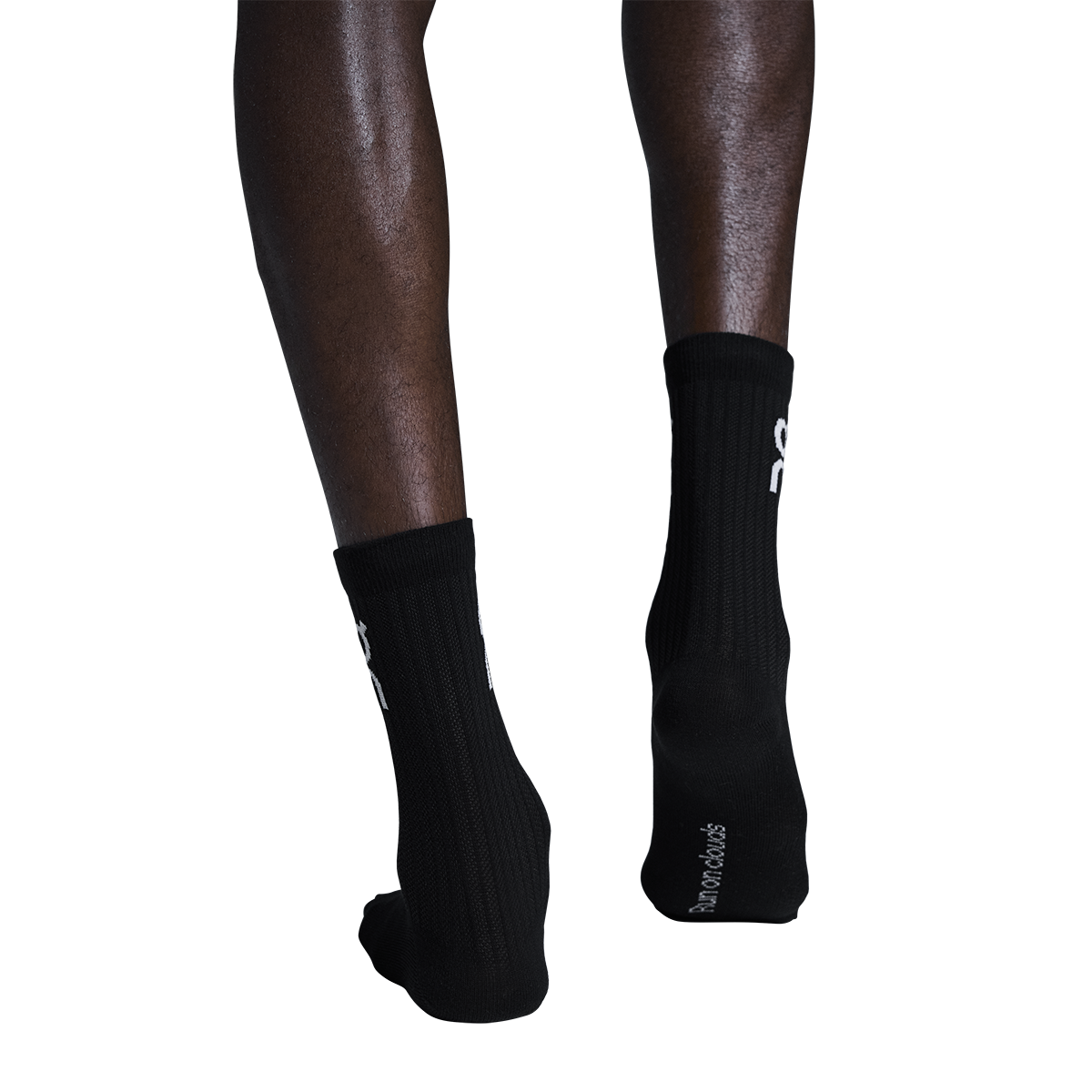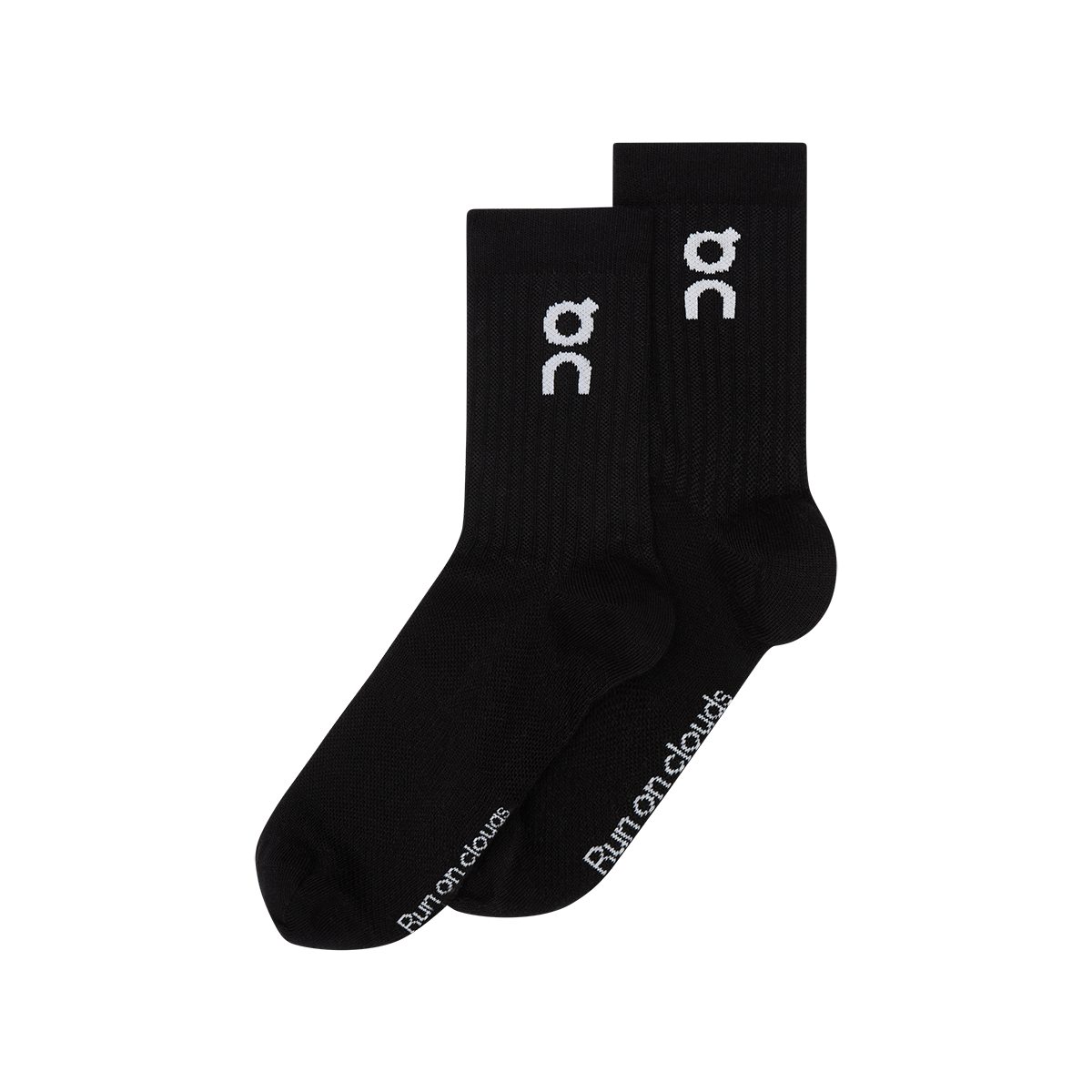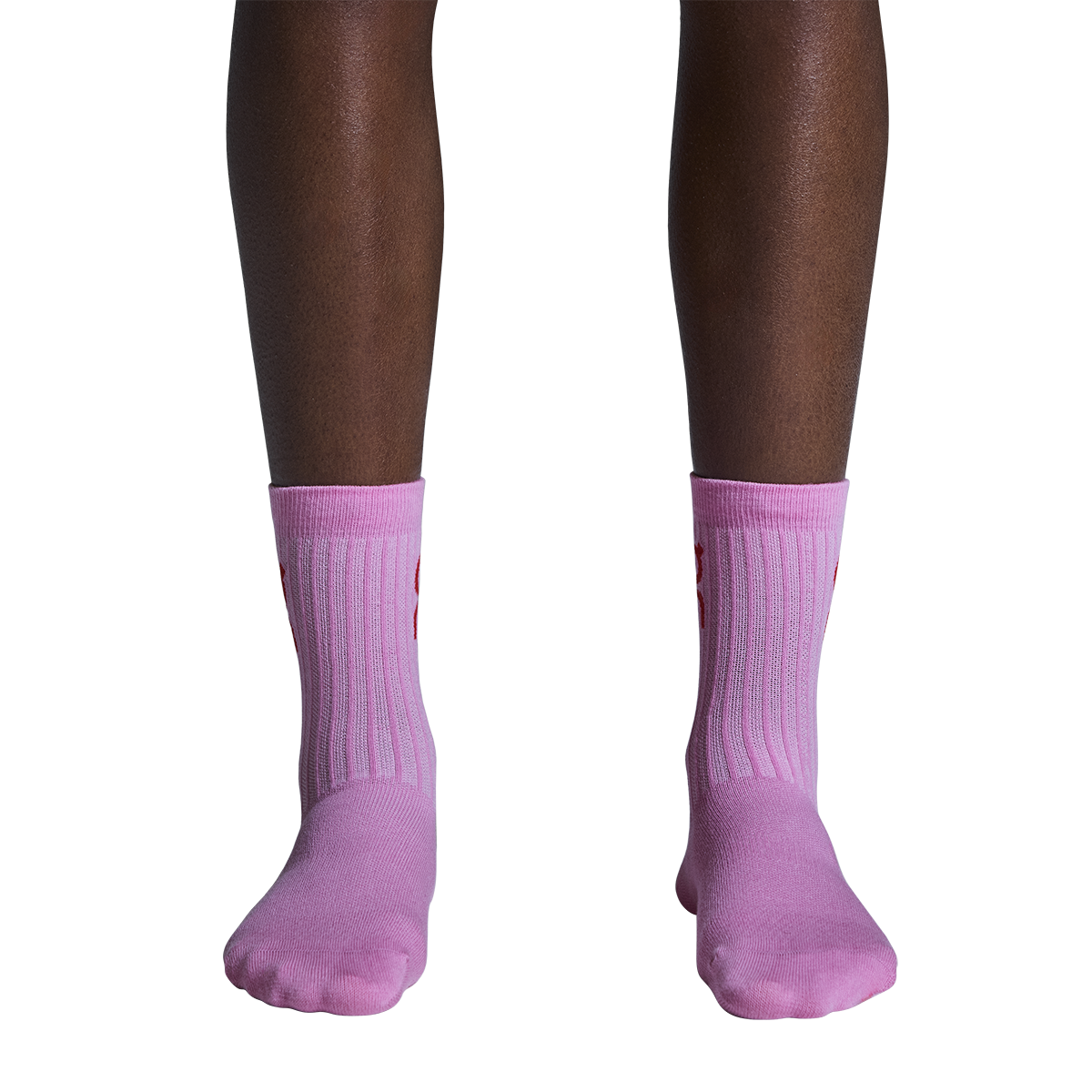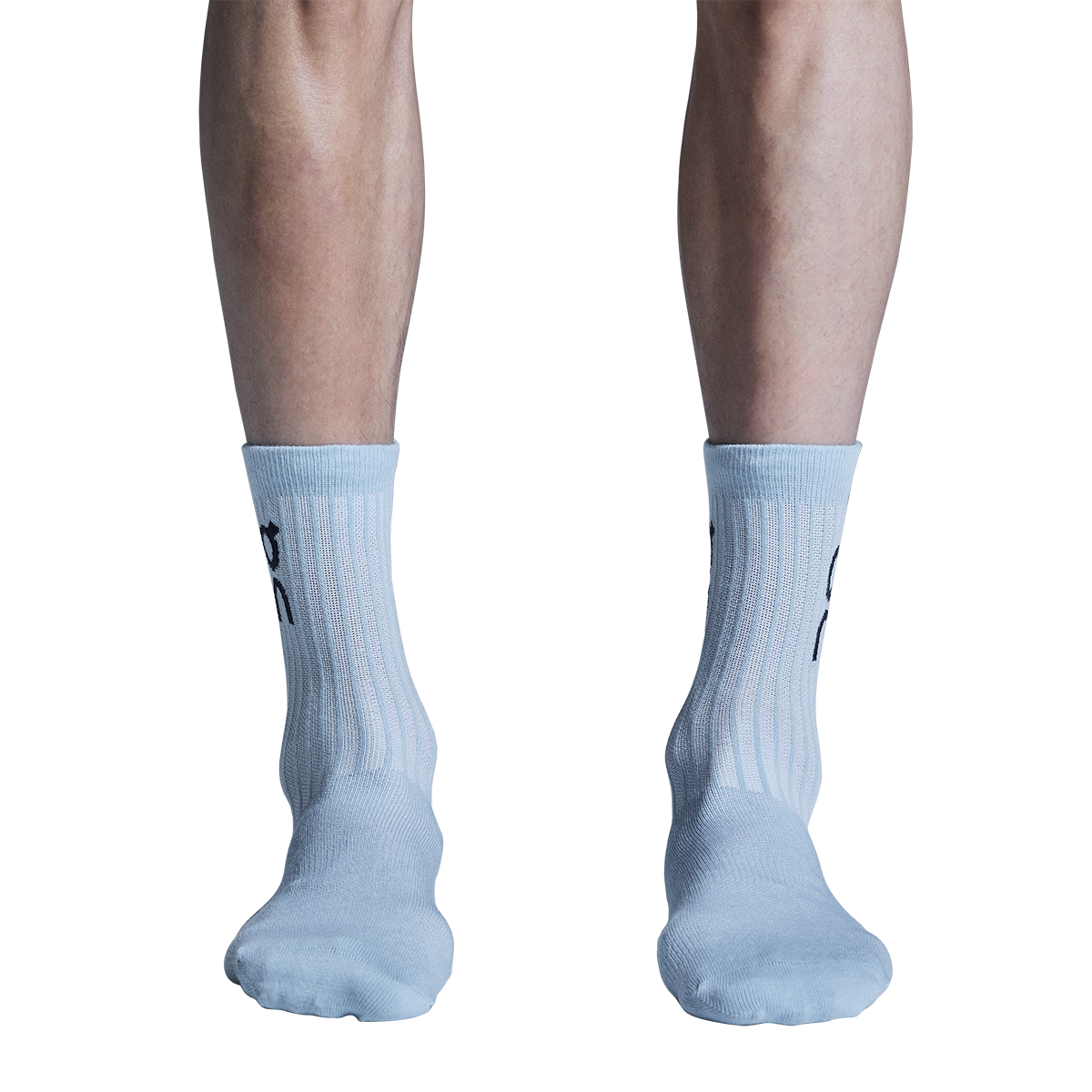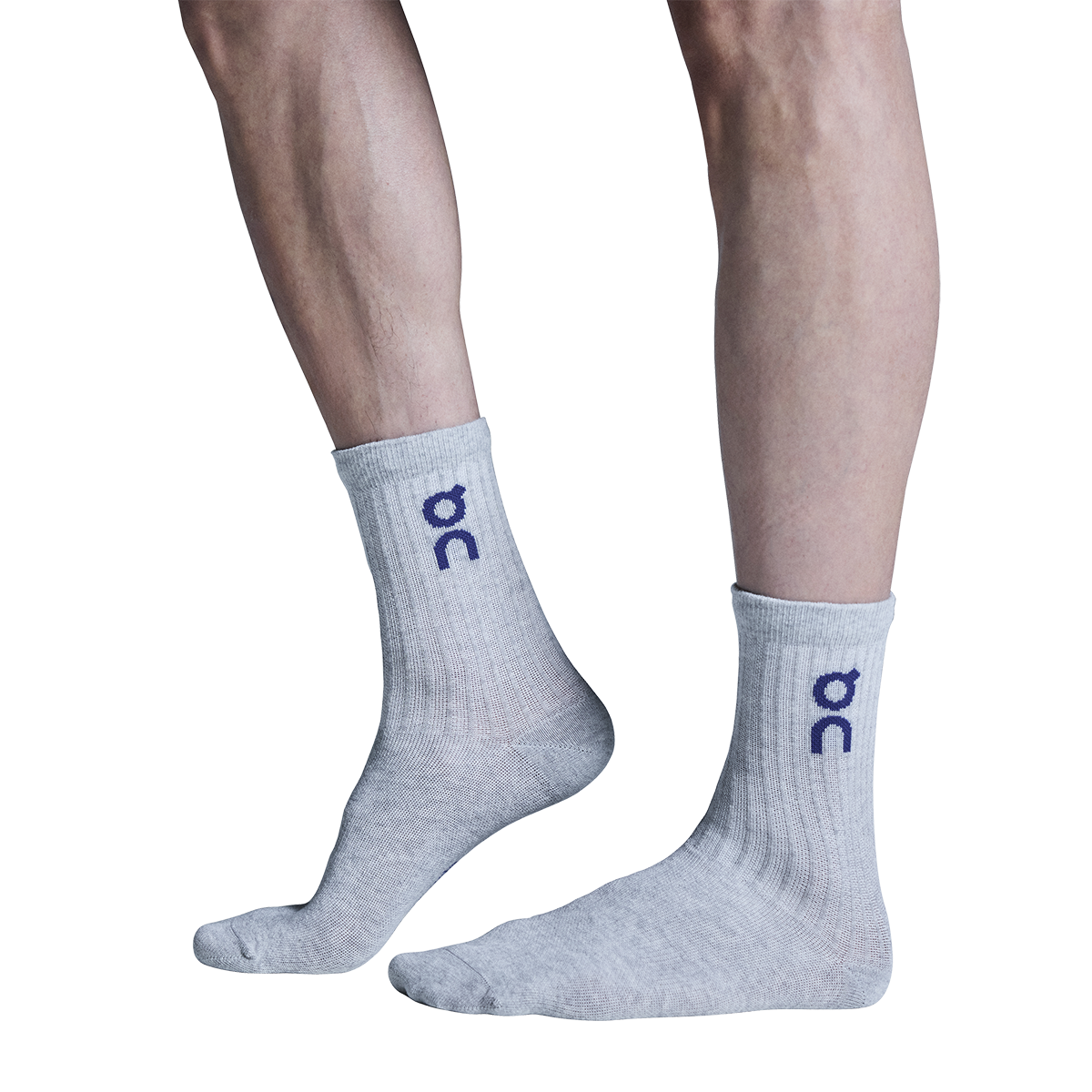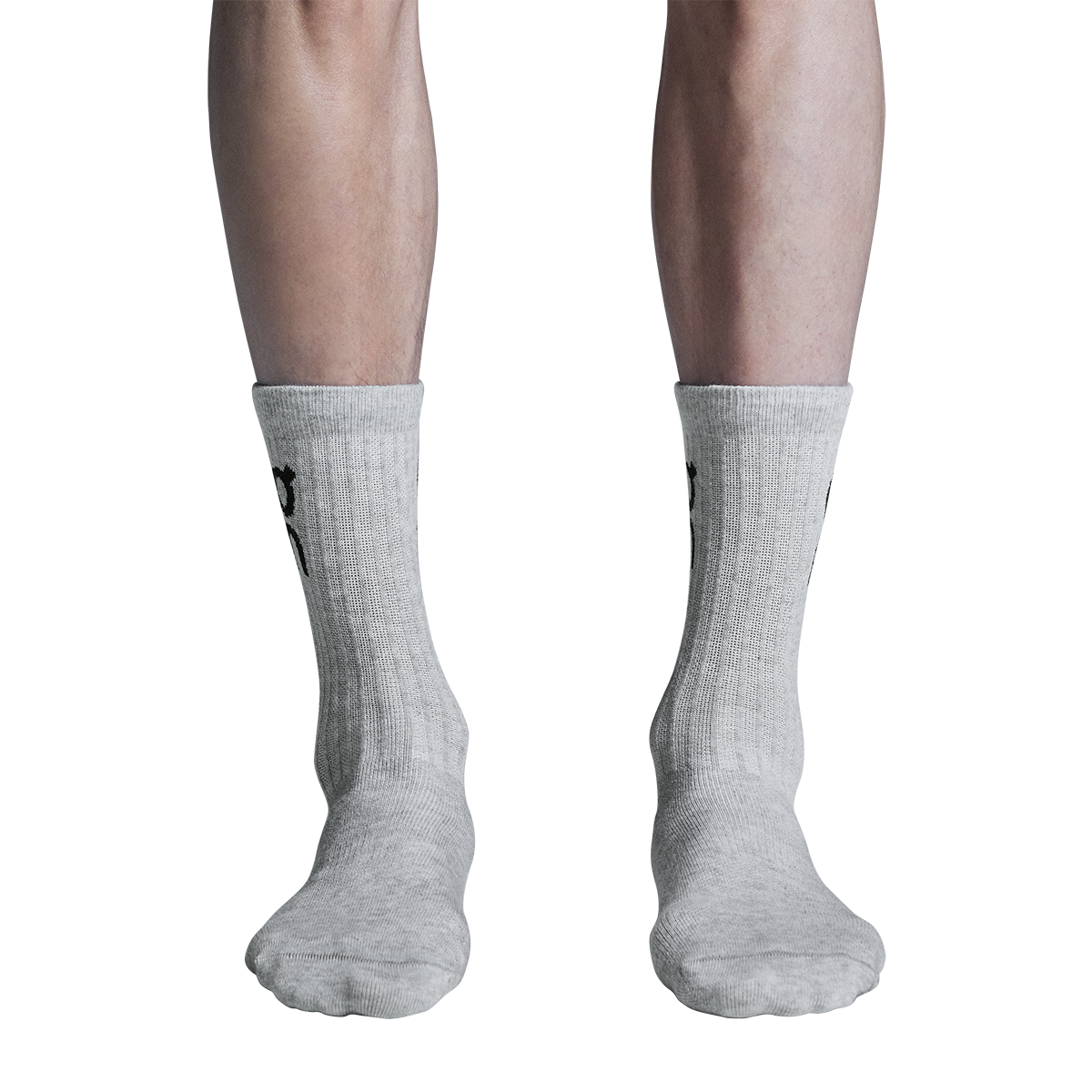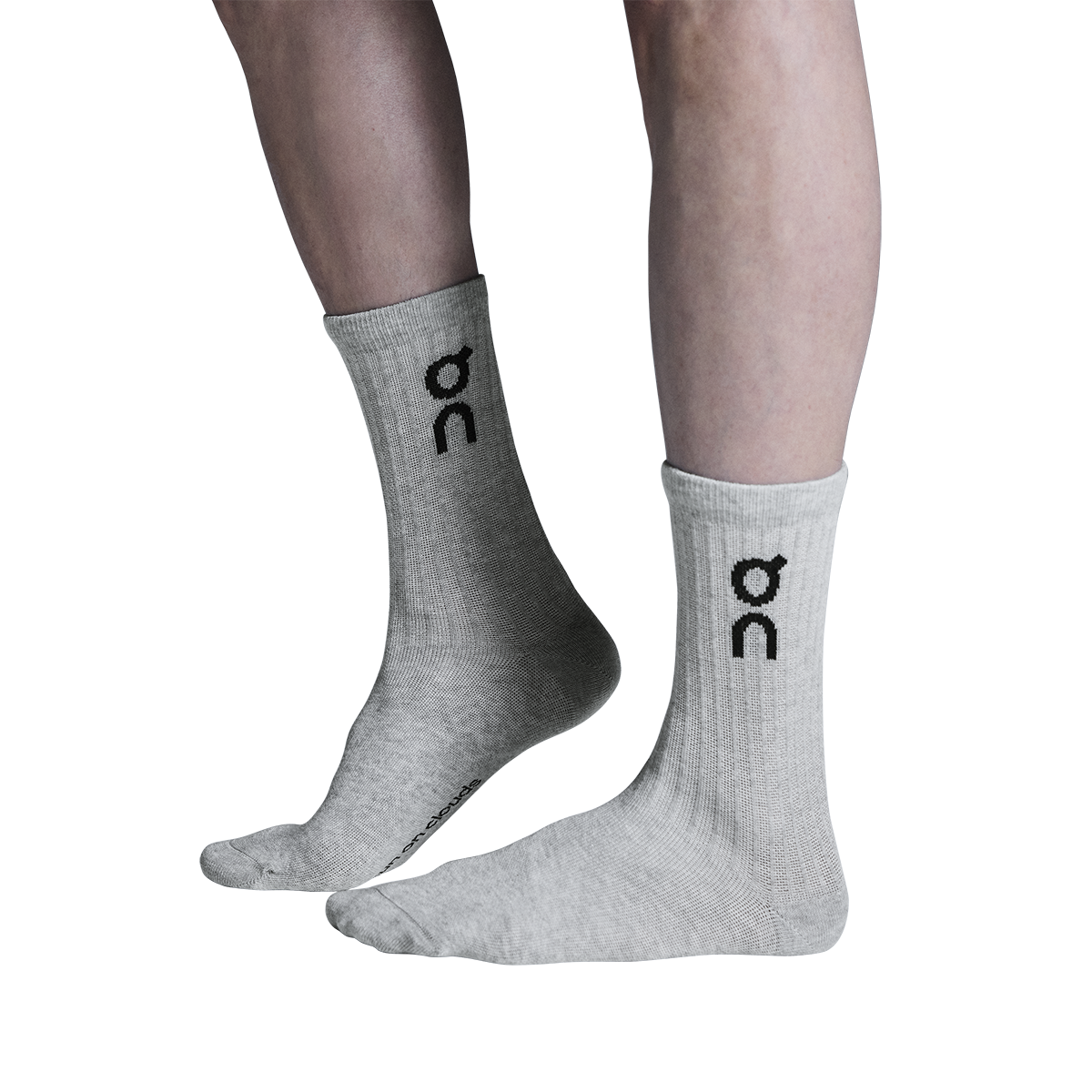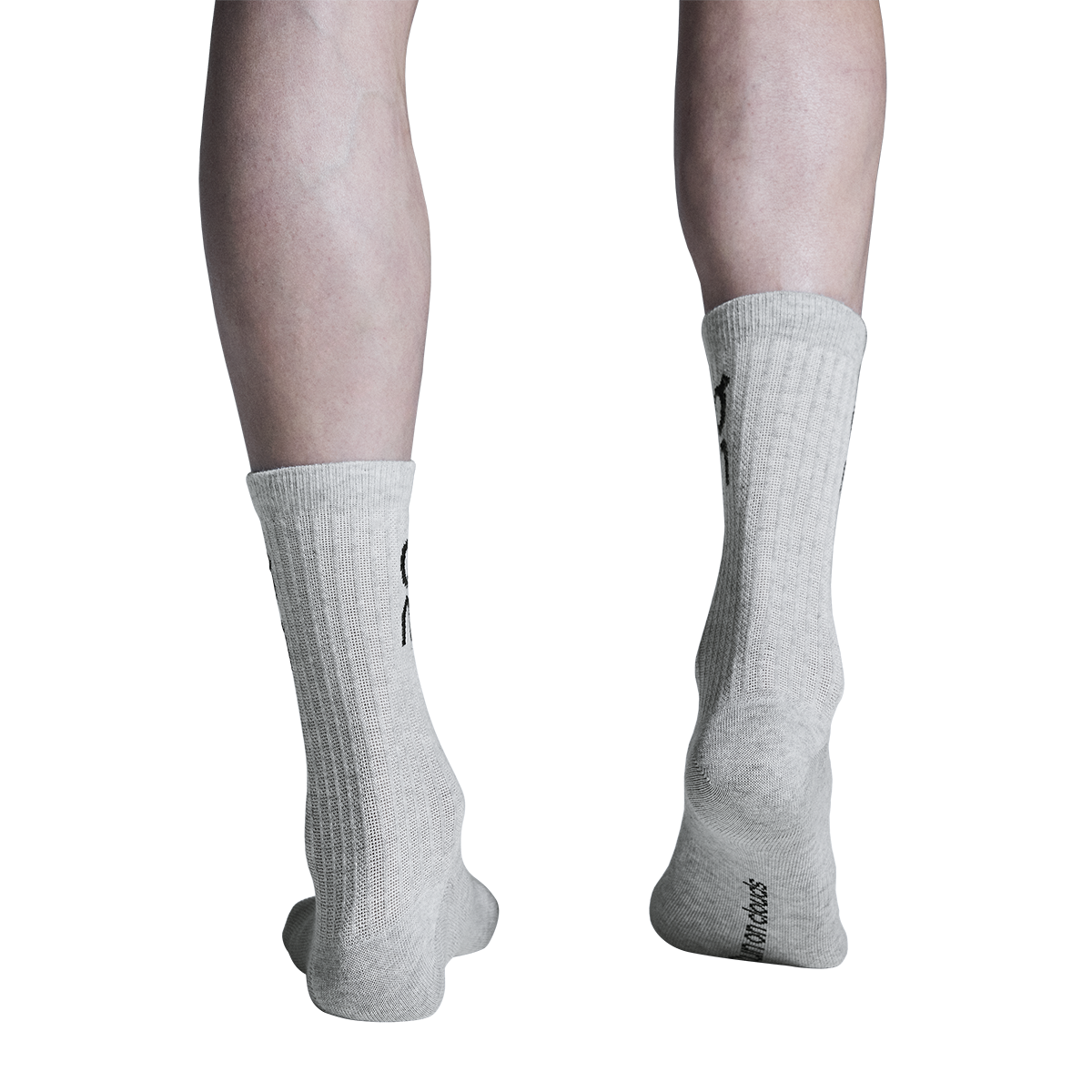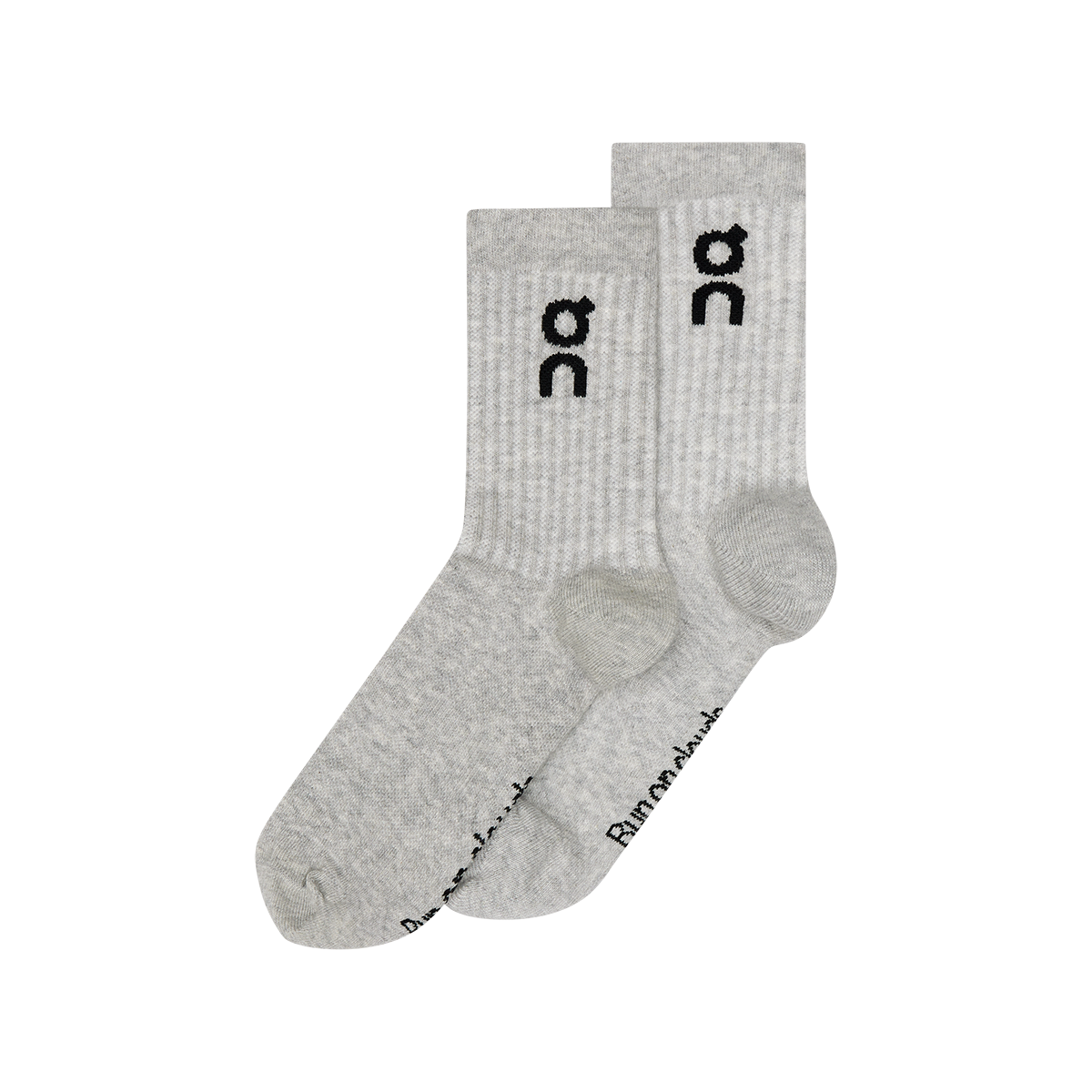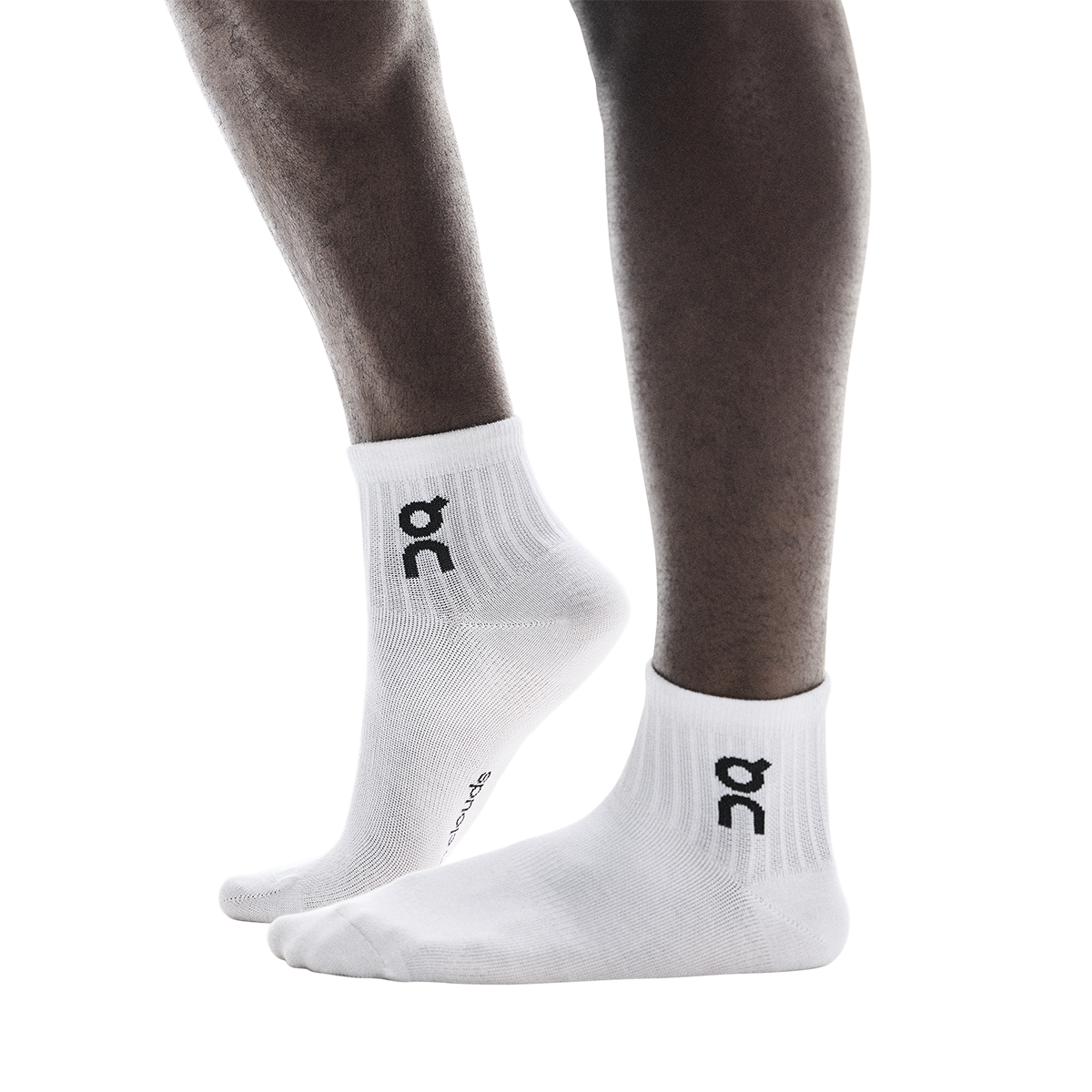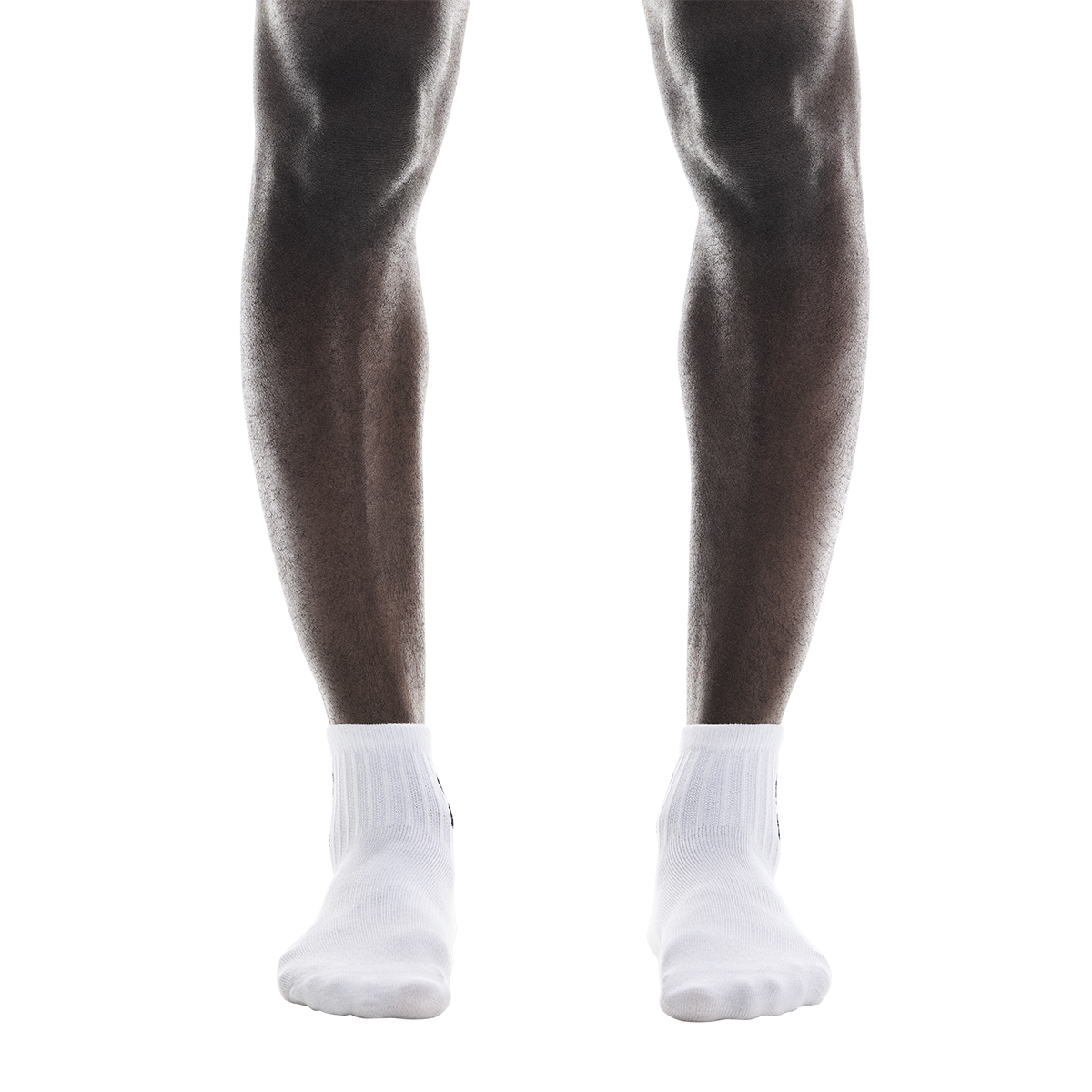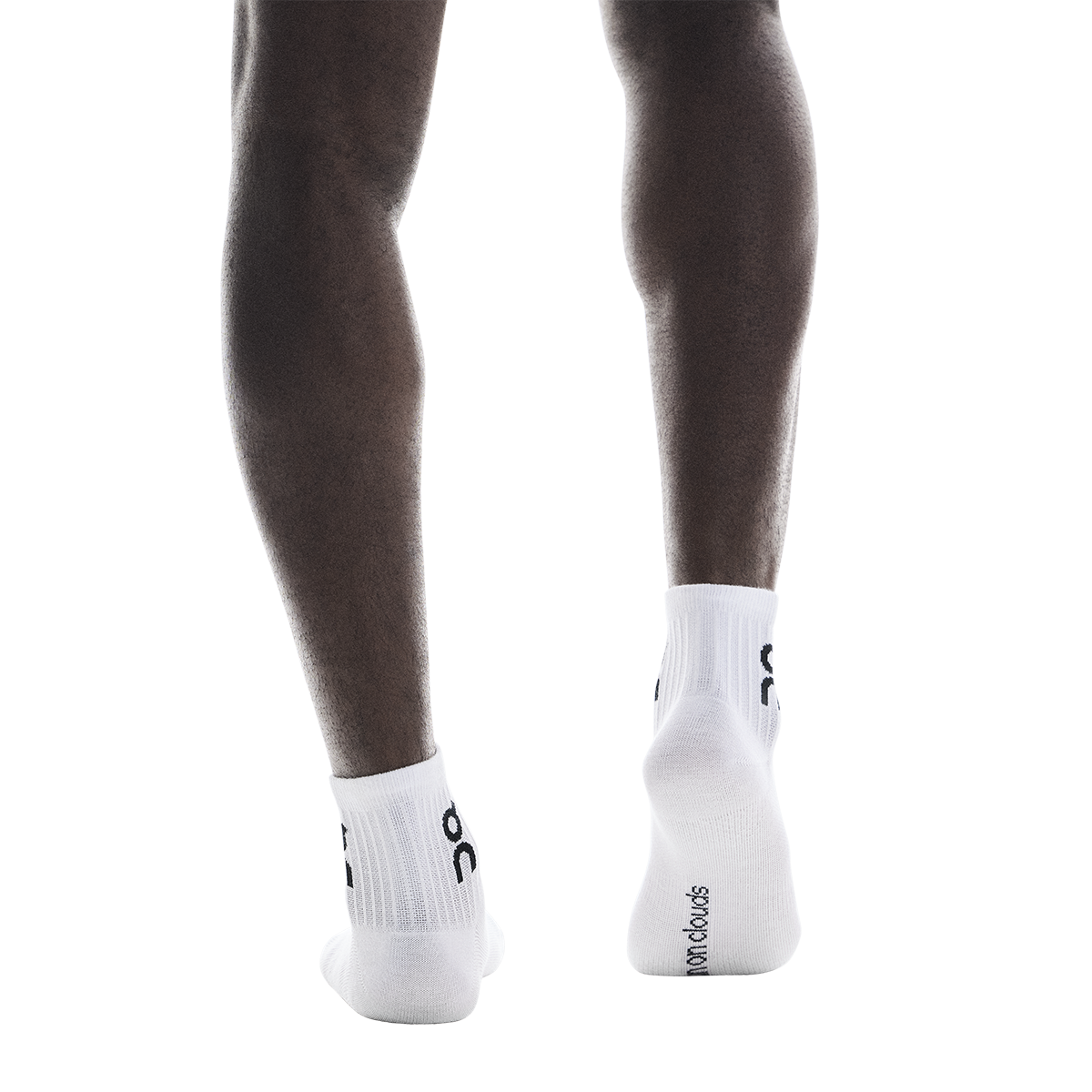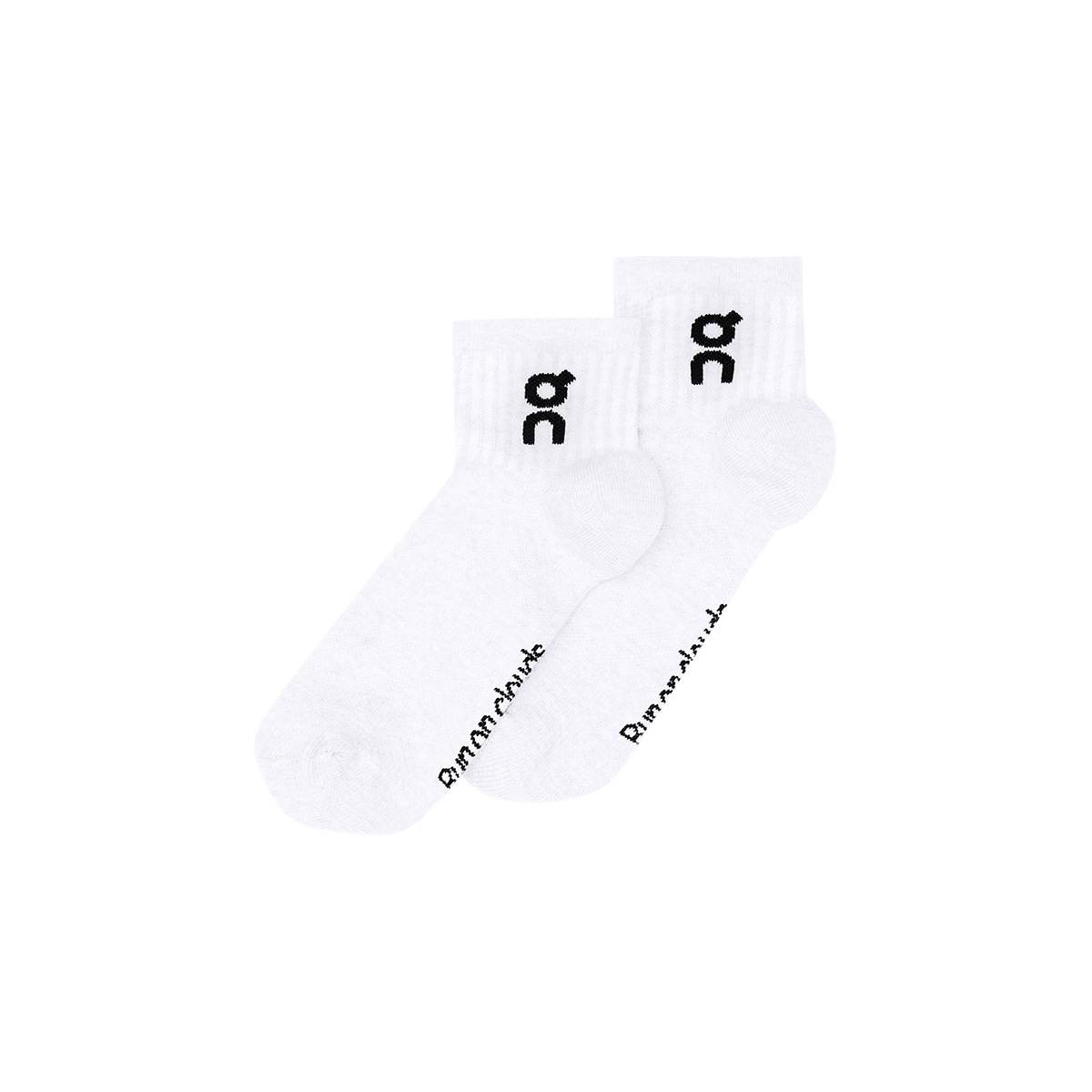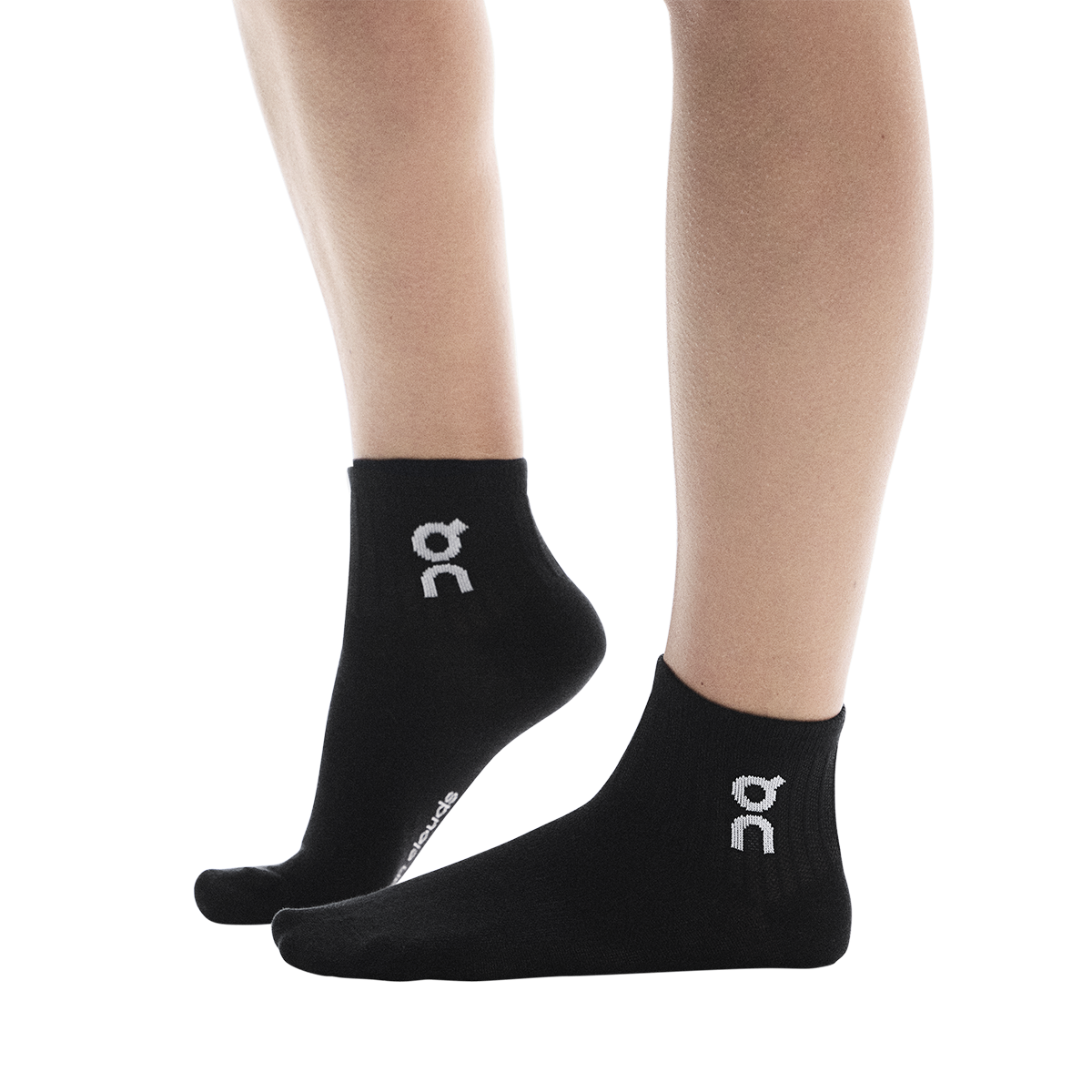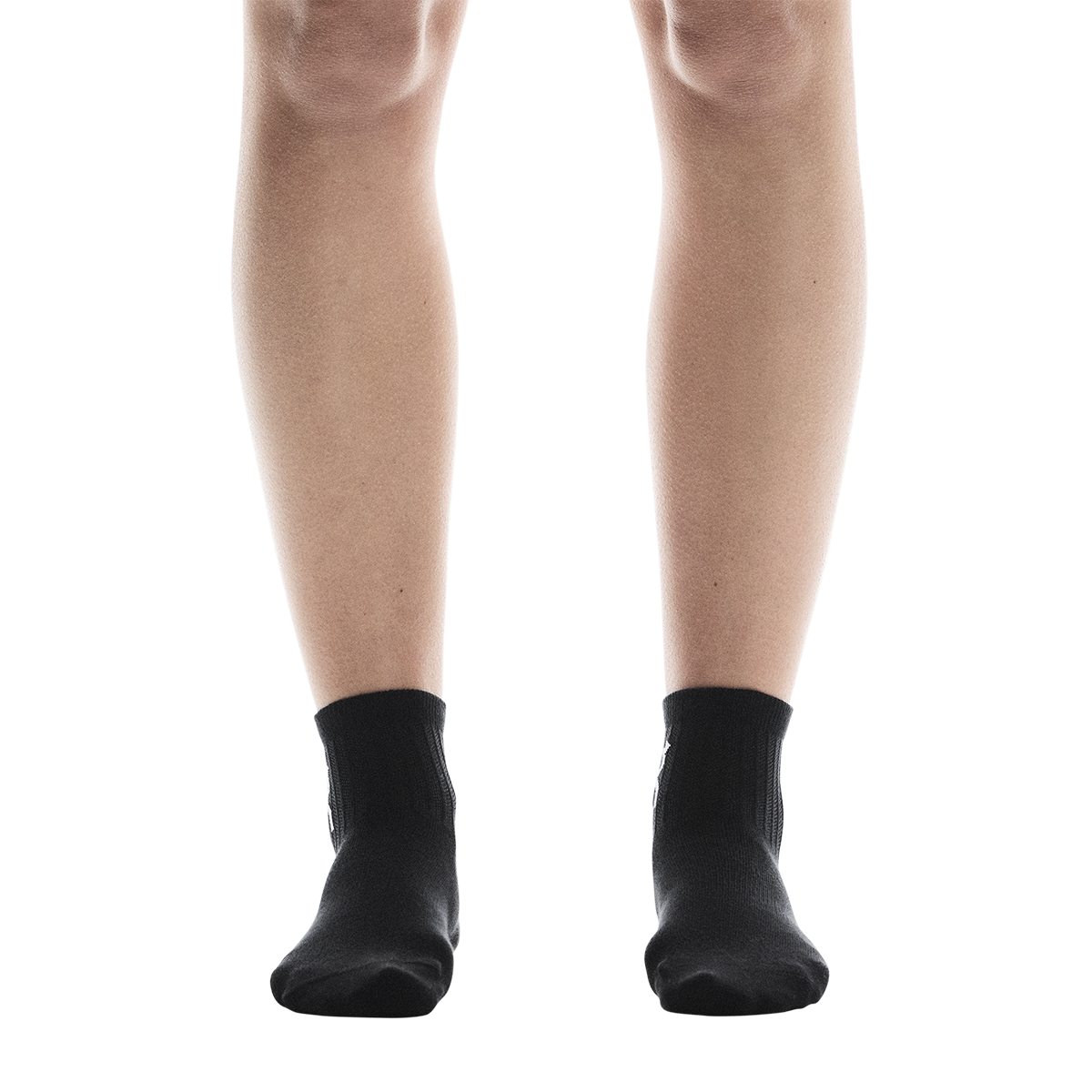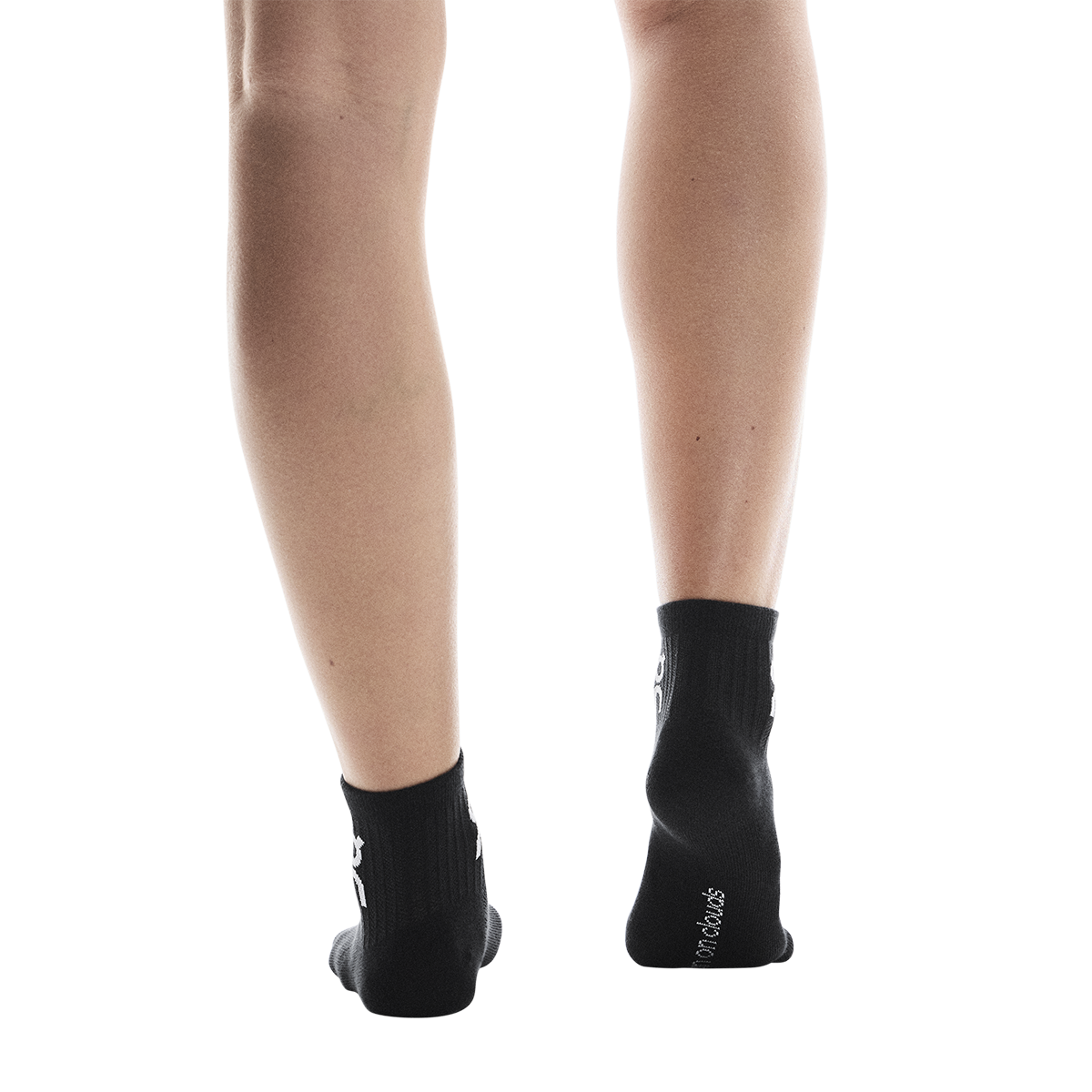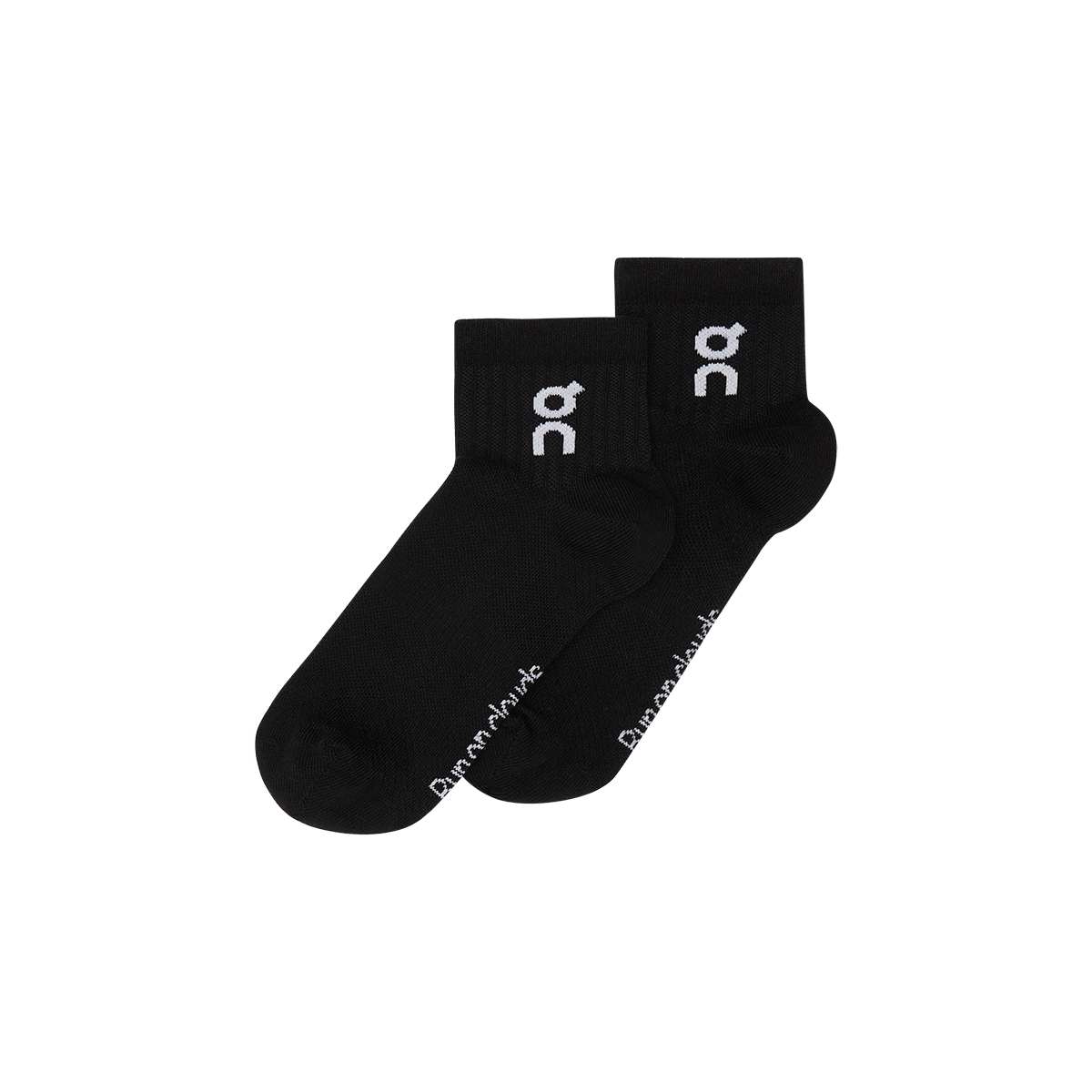As the New Year begins, many runners and fitness enthusiasts are setting ambitious goals—whether it’s running their first 5K, improving their marathon time, or simply staying active. While it’s exciting to chase new milestones, one important aspect of training is often overlooked: rest and recovery. Taking time to prioritize self-care isn’t just about relaxing—it’s a vital part of improving performance, preventing injuries, and staying motivated. In this blog, we’ll explore why rest and recovery should be at the top of your New Year’s fitness goals and share practical tips to help you maintain balance in your training routine. After all, progress happens when we give our bodies the care they deserve.
EMBRACING SELF - CARE AS PART OF YOUR NEW YEAR'S JOURNEY

BOOSTS MENTAL HEALTH AND MOTIVATION
Rest and recovery plays a crucial role in promoting mental health and motivation. Remember, rest is not only important for the body, but for the mind too. Overexertion from the gym, running, working, or studying can take an unwanted toll on the body. Taking time to rest allows your body and mind to reset which will lead to higher productivity. Implementing self care activities like; journaling, meditation, or stretching is a great way to prioritize mental health. These activities can keep you motivated and help you stay connected to the joy of running and fitness in the new year.
PREVENTS OVERTRAINING AND INJURIES
You may have incorporated a new workout regimine in the new year, but keep in mind that overtraining can do more harm than good. Overtraining can lead to burnout, long term injuries, and decreased performance. With prolonged intense training, you may notice more inflammation, soreness, and even stress fractures. Although these are common running and training injuries, prioritizing rest and recovery can help prevent long term problems. It is important to implement a training regimen that works for your schedule, while maintaining a balance of both training days and rest and recovery days.
IMPROVES SLEEP QUALITY
Sleep is the most important aspect of recovery. During sleep, your body releases growth hormones, repairs tissues, and consolidates energy stores. Poor sleep can hinder recovery, weaken your immune system, and decrease overall performance. It is important to ensure that your training schedule allows for a sufficient amount of sleep each night. By prioritizing rest and recovery, you’re also supporting better sleep habits, which translates to better results in your training.
SUPPORTS LONG TERM FITNESS GOALS
Years of intense training can result in unwanted harm to your body. It is important to remember that fitness is a marathon, not a sprint. Slowly increasing the intensity of your workouts while incorporating rest and recovery is crucial. Dedicating specific days of the week to rest and recovery will ensure that your body is ready for exercise. Sustainable progress requires a balance between pushing your limits and giving your body time to recover. By prioritizing rest and recovery as part of your self-care routine, you’re setting yourself up for long-term success, avoiding setbacks, and maintaining a positive relationship with fitness.
INVESTING IN RECOVERY TOOLS

Utilizing recovery tools like massagers, foam rollers, and compression gear is essential for optimizing your fitness routine and preventing setbacks. These tools help improve blood flow, reduce muscle soreness, and alleviate tension, allowing your body to recover faster and perform better. By incorporating recovery tools into your routine, you can prevent overuse injuries, enhance flexibility, and promote relaxation, ensuring you stay consistent and injury-free as you work toward your fitness goals. Recovery isn’t just a luxury—it’s a crucial part of maintaining long-term health and performance.
Rest and recovery are the crucial aspects of any successful fitness journey. They not only prevent injuries and improve physical performance but also foster mental well-being and long-term sustainability. As you tackle your New Year’s fitness goals, remember that progress isn’t just about how hard you train—it’s also about how well you recover. By prioritizing rest days, improving your sleep quality, and incorporating recovery tools into your routine, you’ll set yourself up for a healthier, more balanced, and enjoyable fitness journey. Embrace rest as a key part of your self-care routine, and watch your body and mind thrive throughout the year. Ready to take your recovery to the next level? Explore Fit2Run’s selection of recovery gear and tools to keep you moving toward your goals, stronger than ever.













